Home / world / Narendra Modi at BRICS 2024: A Comprehensive Overview
Narendra Modi at BRICS 2024: A Comprehensive Overview
By: My India Times
6 minutes read 197Updated At: 2024-12-06
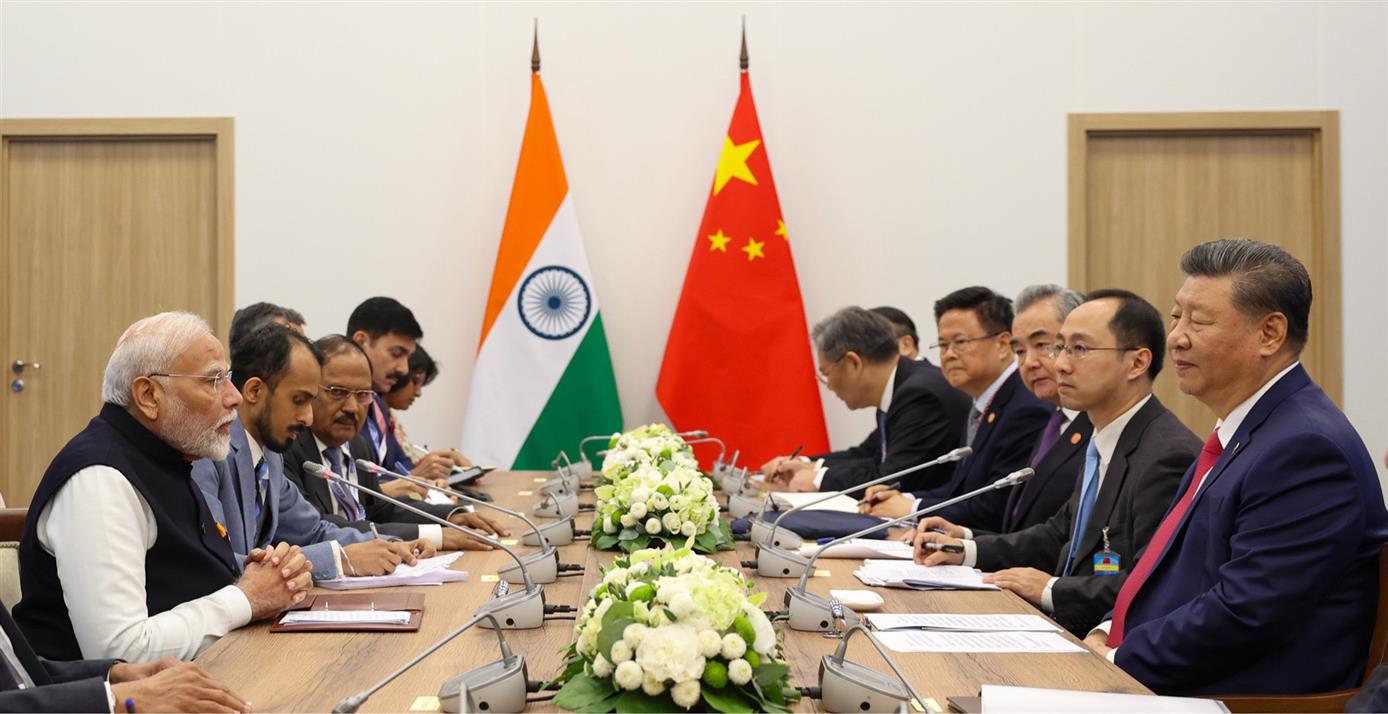
The 16th BRICS Summit in Kazan, Russia, marked a turning point for global geopolitics and economic cooperation. This pivotal assembly of emerging economies facilitated in-depth dialogues on multipolarity, financial stability, and diplomatic resolutions. Indian Prime Minister Narendra Modi assumed a crucial role by engaging in significant bilateral discussions and championing essential global reforms.
Historic Modi-Xi Jinping Meeting: Restoring India-China Relations
Prime Minister Narendra Modi and Chinese President Xi Jinping engaged in their first formal bilateral talks in five years. Following tensions brought on by the 2020 Galwan skirmishes, this meeting, which took place on the fringes of the summit, demonstrated a renewed effort to stabilize ties.
Key Highlights:
- Both leaders agreed on restoring regular patrolling along the Line of Actual Control (LAC).
- The parties underscored the importance of resolving disputes through constructive dialogue and strategic mechanisms.
- Modi expressed appreciation for the recent disengagement agreement, emphasizing the critical role of peace in ensuring bilateral and regional stability.
BRICS Growth: Including New Participants
The BRICS alliance, which currently consists of Saudi Arabia, Egypt, Ethiopia, Iran, and the United Arab Emirates, saw a historic expansion at the summit.
Strategic Importance of Expansion:
- Increased representation of the Global South in global decision-making.
- Strengthened economic influence, with BRICS nations accounting for over 30% of global GDP.
- Enhanced opportunities for trade, investment, and political collaboration among diverse economies.
This expansion signifies BRICS' commitment to inclusivity and a more equitable global order.
India-Russia Cooperation: Strengthening Bilateral Ties
PM Modi met with Russian President Vladimir Putin, reflecting the enduring strategic partnership between India and Russia.
Discussion Points:
- Enhanced cooperation in energy, defence, and economic sectors.
- Modi invited Putin to India for the 2025 India-Russia Annual Summit.
- Acknowledgment of Russia's successful hosting of the BRICS Summit.
This dialogue reinforced the mutual commitment to deepening bilateral relations amid evolving global dynamics.
Multipolarity in Focus: Putin’s Vision for a New World Order
Russian President Vladimir Putin opened the summit with a call for a multipolar world order, emphasizing its dynamic and irreversible progress.
Key Points:
- Advocacy for global institutions to reflect diverse perspectives.
- Strengthened trade mechanisms within BRICS to reduce dependency on Western-dominated systems.
- Proposal for a BRICS grain exchange to stabilize commodity trade.
Putin’s remarks set the tone for a summit deeply rooted in reshaping global governance structures.
Local Currency Trade: Financial Cooperation Takes Center Stage
BRICS leaders unanimously emphasized the need to enhance financial collaboration by promoting the use of local currencies in trade and transactions.
Insights from the Kazan Declaration:
- Local currency trade reduces reliance on the US dollar and mitigates vulnerabilities from external economic shocks.
- Reforms in international financial systems are critical for equitable development.
- Enhanced financial integration among member nations is key to fostering economic stability.
India showcased its success with the Unified Payment Interface (UPI) as a model for digital financial inclusion.
Global Conflicts: Advocating Peace and Diplomacy
With escalating conflicts in Ukraine and the Middle East, the BRICS summit served as a platform for advocating peace and resolution.
Positions Taken:
- Brazilian President Lula called for immediate de-escalation in Ukraine and the Middle East.
- Modi stressed the importance of dialogue and diplomacy, rejecting war as a solution.
- Xi Jinping emphasized the need to prevent the spillover of conflicts and avoid fueling tensions.
These discussions highlighted BRICS’ unified stance on prioritizing peace over aggression.
Modi's Vision for Climate Change and Connectivity
PM Modi highlighted India’s proactive stance on climate change and its role in strengthening connectivity among BRICS nations.
Climate Initiatives:
- Advocacy for climate change as a common priority.
- Showcase of India's initiatives in renewable energy and sustainable development.
Connectivity and Economic Integration:
- Enhanced trade and financial integration through platforms like UPI.
- Call for greater cooperation in green industries and clean energy.
Modi’s vision reflects India’s commitment to leveraging BRICS as a platform for sustainable and inclusive growth.
AI and Cybersecurity: Building Ethical Frameworks
Technological collaboration was a key focus area at the summit. Leaders discussed establishing ethical guidelines for artificial intelligence and global regulations for cybersecurity.
Proposals and Commitments:
- Russian President Putin proposed a BRICS Artificial Intelligence alliance.
- Modi emphasized the need for safe, secure, and globally regulated AI systems.
- Cybersecurity regulations were identified as critical to safeguarding digital economies.
This collaboration underscores BRICS’ recognition of technology’s transformative potential.
Reforming Global Governance Systems
A recurring theme at the summit was the need to reform global institutions like the United Nations Security Council (UNSC) and the World Trade Organization (WTO).
Modi’s Call for Reforms:
- Advocacy for inclusivity and representation in global governance systems.
- Proposal for timely reforms to address the challenges of a multipolar world.
- Emphasis on BRICS as a united voice for equitable global development.
Such reforms are essential for addressing global challenges and ensuring fair representation.
South Africa’s Vision for a New World Order
South African President Cyril Ramaphosa echoed the call for a multipolar world, highlighting BRICS’ role in shaping an equitable global landscape.
Key Points:
- Advocacy for a fair distribution of power and resources.
- Strengthening collaboration among emerging economies to address global challenges.
- Commitment to creating opportunities for sustainable development across the Global South.
South Africa’s vision aligns with BRICS’ broader goals of inclusivity and cooperation.
Combating Terrorism: A Unified Stand
PM Modi called for a "single-minded" focus on addressing terrorism, emphasizing that there is no room for double standards in combating this global menace.
Key Statements:
- Strong global cooperation is essential to prevent radicalization and terror financing.
- Modi urged BRICS nations to set an example in addressing terrorism with a unified approach.
This stance reinforces BRICS’ commitment to fostering global peace and security.
BRICS's Future: A Prospect for Development
As the 16th BRICS Summit came to an end, leaders reaffirmed their commitment to advancing collaboration in a variety of fields.
Key Resolutions:
- Enhanced focus on food, energy, and water security.
- Ongoing initiatives aimed at fostering economic stability and promoting sustainable development.
- Strategic partnerships in emerging technologies, eco-friendly industries, and digital finance.
Conclusion
The BRICS Summit 2024 held in Kazan, Russia, exemplified the alliance’s dynamic role in fostering a more inclusive and multipolar global landscape. Through significant bilateral discussions and assertive commitments to financial reforms and global governance, the summit underscored the capacity of BRICS nations to instigate substantial change. As India continues to advocate for cooperation within BRICS, the bloc's influence on the international stage is poised for significant expansion.
....The 16th BRICS Summit in Kazan, Russia, marked a turning point for global geopolitics and economic cooperation. This pivotal assembly of emerging economies facilitated in-depth dialogues on multipolarity, financial stability, and diplomatic resolutions. Indian Prime Minister Narendra Modi assumed a crucial role by engaging in significant bilateral discussions and championing essential global reforms.
Historic Modi-Xi Jinping Meeting: Restoring India-China Relations
Prime Minister Narendra Modi and Chinese President Xi Jinping engaged in their first formal bilateral talks in five years. Following tensions brought on by the 2020 Galwan skirmishes, this meeting, which took place on the fringes of the summit, demonstrated a renewed effort to stabilize ties.
Key Highlights:
- Both leaders agreed on restoring regular patrolling along the Line of Actual Control (LAC).
- The parties underscored the importance of resolving disputes through constructive dialogue and strategic mechanisms.
- Modi expressed appreciation for the recent disengagement agreement, emphasizing the critical role of peace in ensuring bilateral and regional stability.
BRICS Growth: Including New Participants
The BRICS alliance, which currently consists of Saudi Arabia, Egypt, Ethiopia, Iran, and the United Arab Emirates, saw a historic expansion at the summit.
Strategic Importance of Expansion:
- Increased representation of the Global South in global decision-making.
- Strengthened economic influence, with BRICS nations accounting for over 30% of global GDP.
- Enhanced opportunities for trade, investment, and political collaboration among diverse economies.
This expansion signifies BRICS' commitment to inclusivity and a more equitable global order.
India-Russia Cooperation: Strengthening Bilateral Ties
PM Modi met with Russian President Vladimir Putin, reflecting the enduring strategic partnership between India and Russia.
Discussion Points:
- Enhanced cooperation in energy, defence, and economic sectors.
- Modi invited Putin to India for the 2025 India-Russia Annual Summit.
- Acknowledgment of Russia's successful hosting of the BRICS Summit.
This dialogue reinforced the mutual commitment to deepening bilateral relations amid evolving global dynamics.
Multipolarity in Focus: Putin’s Vision for a New World Order
Russian President Vladimir Putin opened the summit with a call for a multipolar world order, emphasizing its dynamic and irreversible progress.
Key Points:
- Advocacy for global institutions to reflect diverse perspectives.
- Strengthened trade mechanisms within BRICS to reduce dependency on Western-dominated systems.
- Proposal for a BRICS grain exchange to stabilize commodity trade.
Putin’s remarks set the tone for a summit deeply rooted in reshaping global governance structures.
Local Currency Trade: Financial Cooperation Takes Center Stage
BRICS leaders unanimously emphasized the need to enhance financial collaboration by promoting the use of local currencies in trade and transactions.
Insights from the Kazan Declaration:
- Local currency trade reduces reliance on the US dollar and mitigates vulnerabilities from external economic shocks.
- Reforms in international financial systems are critical for equitable development.
- Enhanced financial integration among member nations is key to fostering economic stability.
India showcased its success with the Unified Payment Interface (UPI) as a model for digital financial inclusion.
Global Conflicts: Advocating Peace and Diplomacy
With escalating conflicts in Ukraine and the Middle East, the BRICS summit served as a platform for advocating peace and resolution.
Positions Taken:
- Brazilian President Lula called for immediate de-escalation in Ukraine and the Middle East.
- Modi stressed the importance of dialogue and diplomacy, rejecting war as a solution.
- Xi Jinping emphasized the need to prevent the spillover of conflicts and avoid fueling tensions.
These discussions highlighted BRICS’ unified stance on prioritizing peace over aggression.
Modi's Vision for Climate Change and Connectivity
PM Modi highlighted India’s proactive stance on climate change and its role in strengthening connectivity among BRICS nations.
Climate Initiatives:
- Advocacy for climate change as a common priority.
- Showcase of India's initiatives in renewable energy and sustainable development.
Connectivity and Economic Integration:
- Enhanced trade and financial integration through platforms like UPI.
- Call for greater cooperation in green industries and clean energy.
Modi’s vision reflects India’s commitment to leveraging BRICS as a platform for sustainable and inclusive growth.
AI and Cybersecurity: Building Ethical Frameworks
Technological collaboration was a key focus area at the summit. Leaders discussed establishing ethical guidelines for artificial intelligence and global regulations for cybersecurity.
Proposals and Commitments:
- Russian President Putin proposed a BRICS Artificial Intelligence alliance.
- Modi emphasized the need for safe, secure, and globally regulated AI systems.
- Cybersecurity regulations were identified as critical to safeguarding digital economies.
This collaboration underscores BRICS’ recognition of technology’s transformative potential.
Reforming Global Governance Systems
A recurring theme at the summit was the need to reform global institutions like the United Nations Security Council (UNSC) and the World Trade Organization (WTO).
Modi’s Call for Reforms:
- Advocacy for inclusivity and representation in global governance systems.
- Proposal for timely reforms to address the challenges of a multipolar world.
- Emphasis on BRICS as a united voice for equitable global development.
Such reforms are essential for addressing global challenges and ensuring fair representation.
South Africa’s Vision for a New World Order
South African President Cyril Ramaphosa echoed the call for a multipolar world, highlighting BRICS’ role in shaping an equitable global landscape.
Key Points:
- Advocacy for a fair distribution of power and resources.
- Strengthening collaboration among emerging economies to address global challenges.
- Commitment to creating opportunities for sustainable development across the Global South.
South Africa’s vision aligns with BRICS’ broader goals of inclusivity and cooperation.
Combating Terrorism: A Unified Stand
PM Modi called for a "single-minded" focus on addressing terrorism, emphasizing that there is no room for double standards in combating this global menace.
Key Statements:
- Strong global cooperation is essential to prevent radicalization and terror financing.
- Modi urged BRICS nations to set an example in addressing terrorism with a unified approach.
This stance reinforces BRICS’ commitment to fostering global peace and security.
BRICS's Future: A Prospect for Development
As the 16th BRICS Summit came to an end, leaders reaffirmed their commitment to advancing collaboration in a variety of fields.
Key Resolutions:
- Enhanced focus on food, energy, and water security.
- Ongoing initiatives aimed at fostering economic stability and promoting sustainable development.
- Strategic partnerships in emerging technologies, eco-friendly industries, and digital finance.
Conclusion
The BRICS Summit 2024 held in Kazan, Russia, exemplified the alliance’s dynamic role in fostering a more inclusive and multipolar global landscape. Through significant bilateral discussions and assertive commitments to financial reforms and global governance, the summit underscored the capacity of BRICS nations to instigate substantial change. As India continues to advocate for cooperation within BRICS, the bloc's influence on the international stage is poised for significant expansion.
By: My India Times
Updated At: 2024-12-06
Tags: world News | My India Times News | Trending News | Travel News
Join our WhatsApp Channel








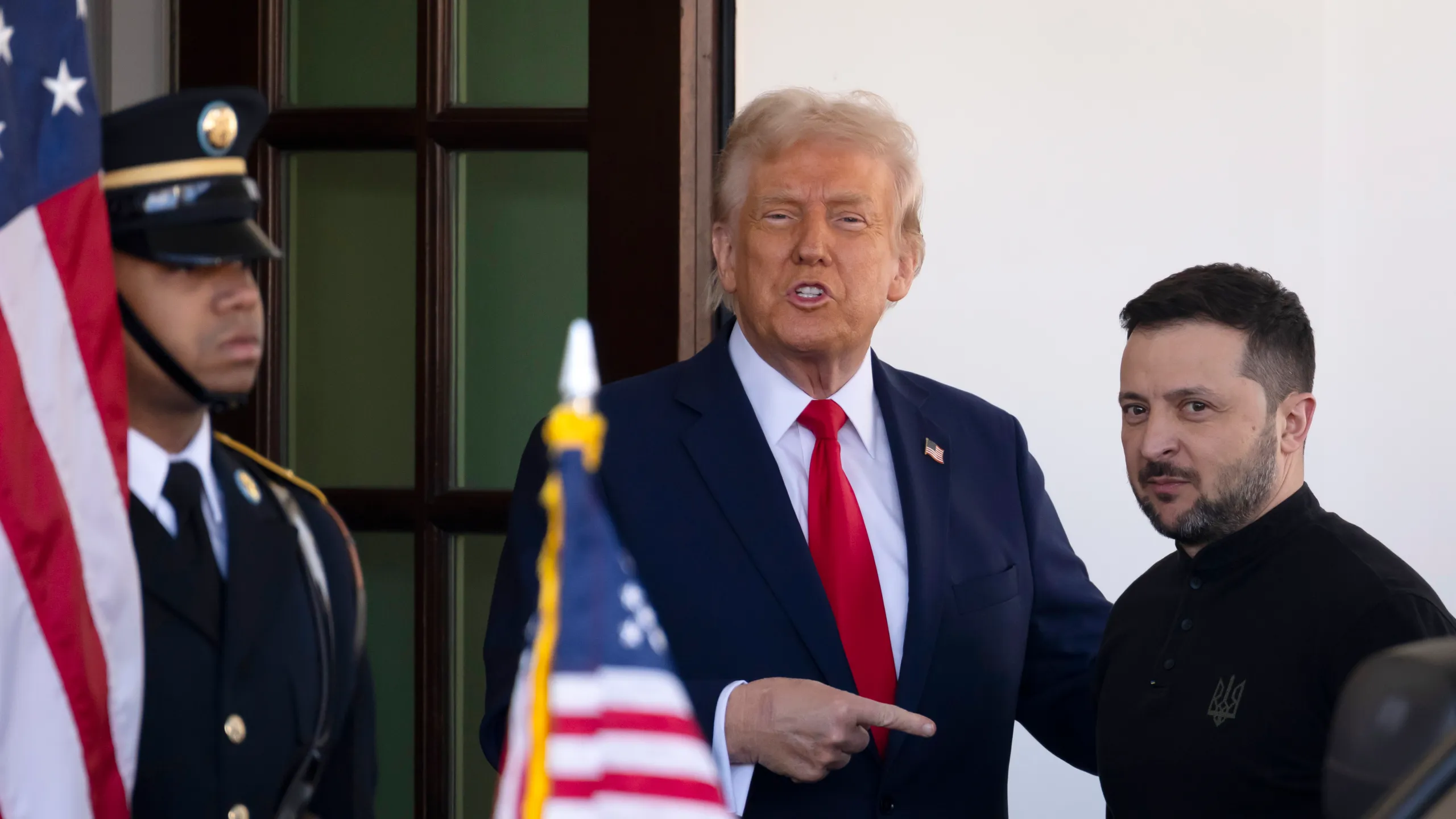
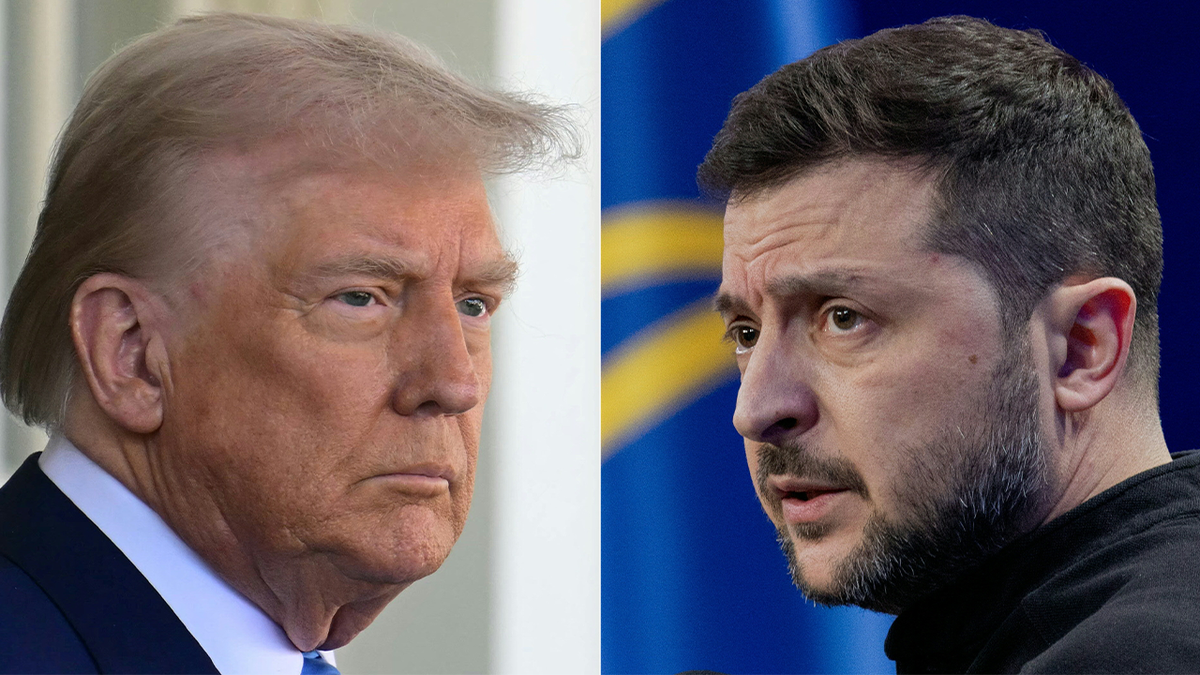
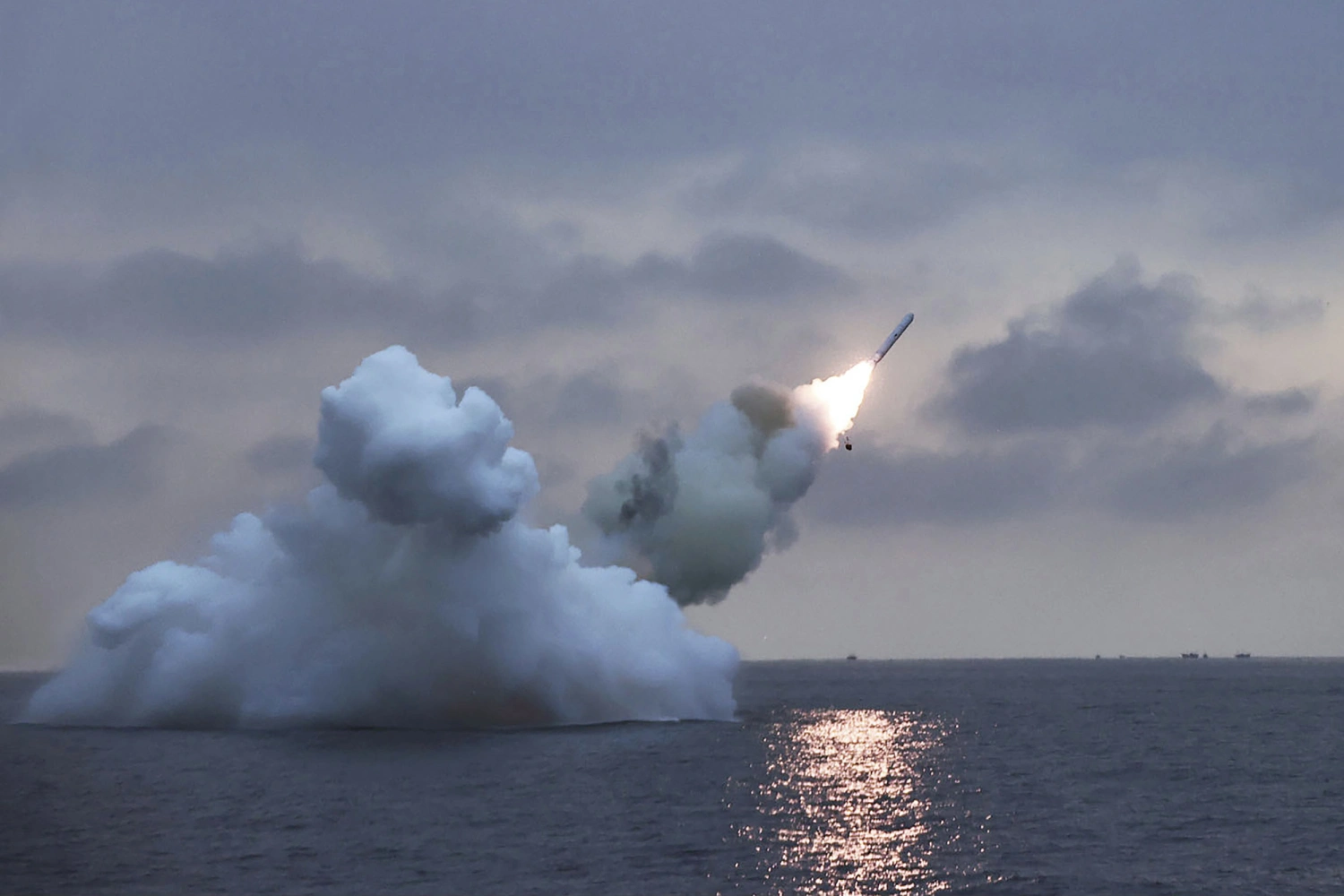
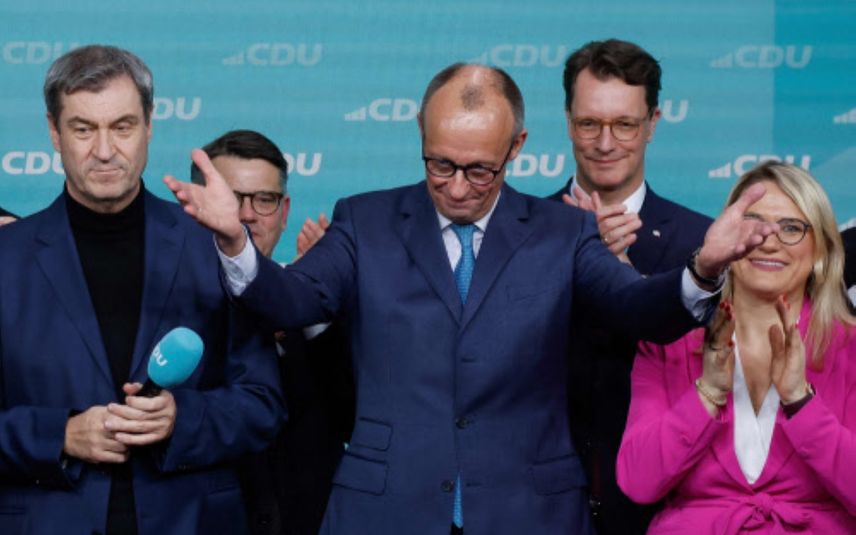
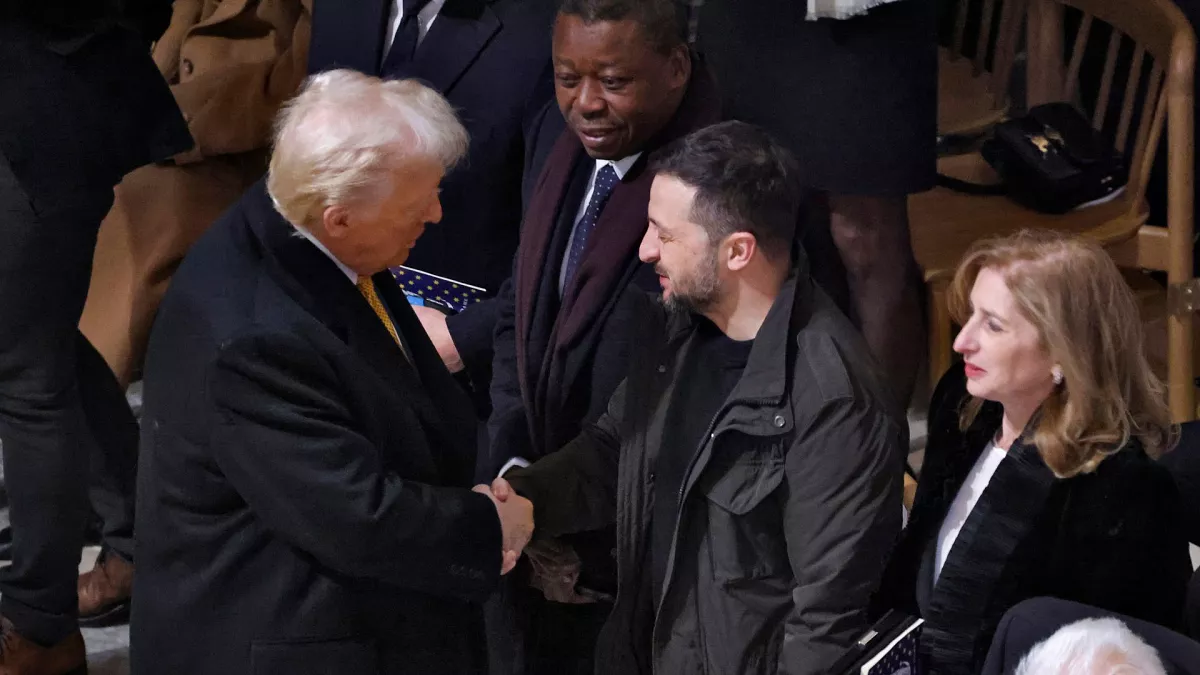
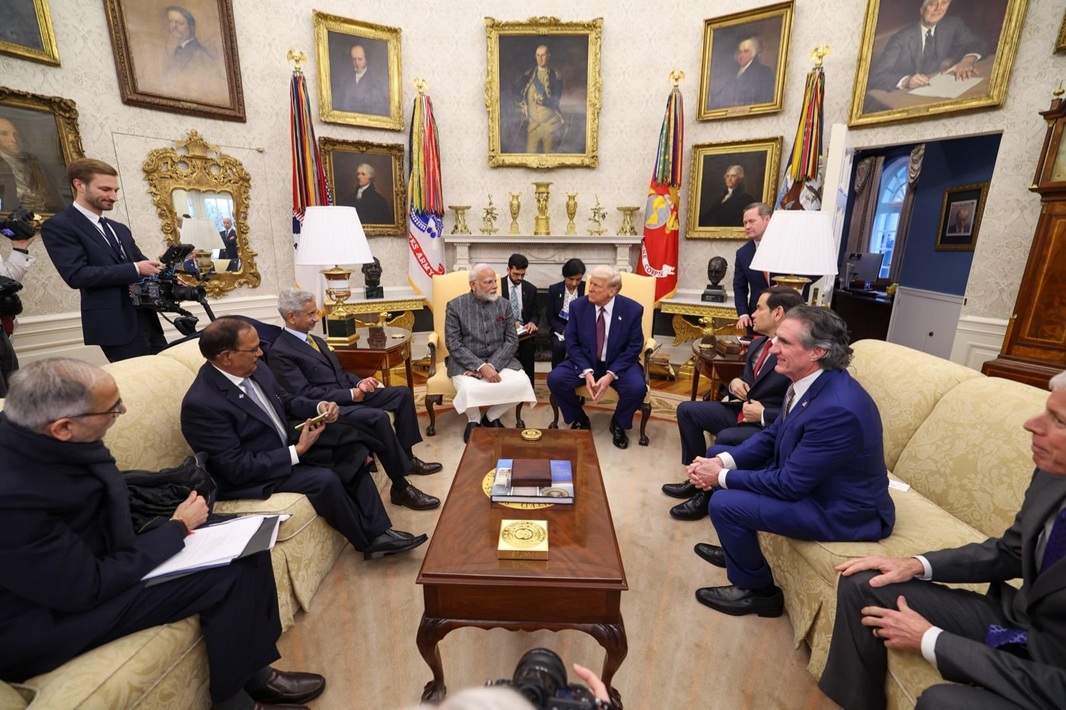
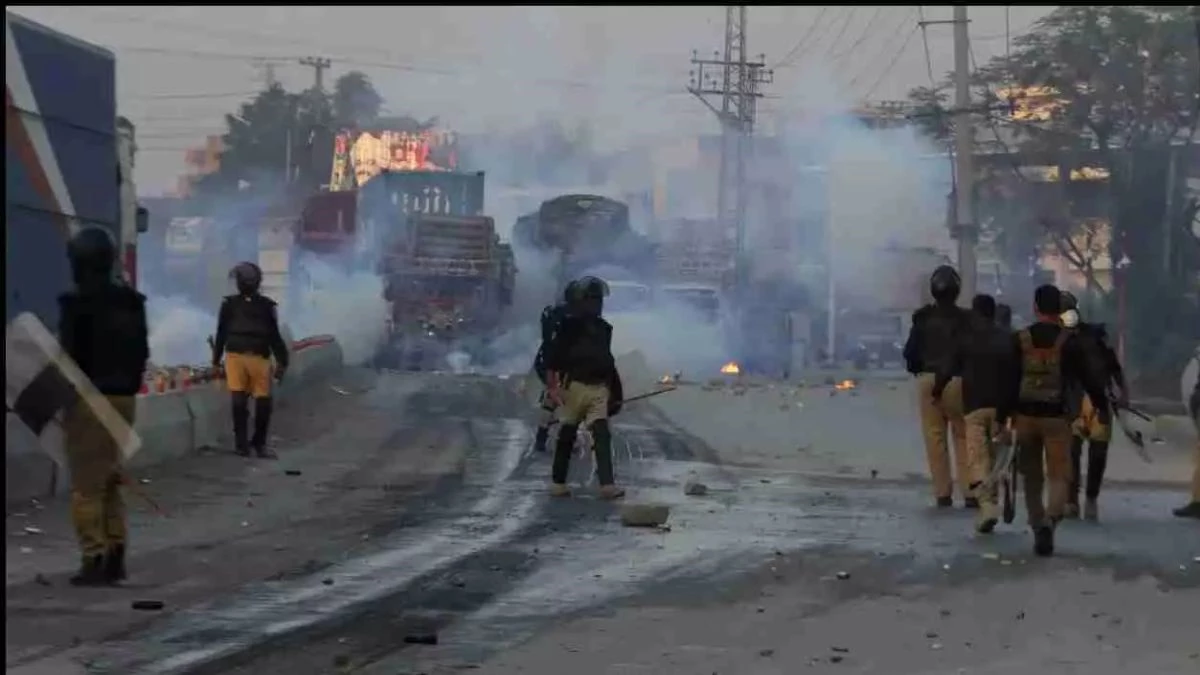
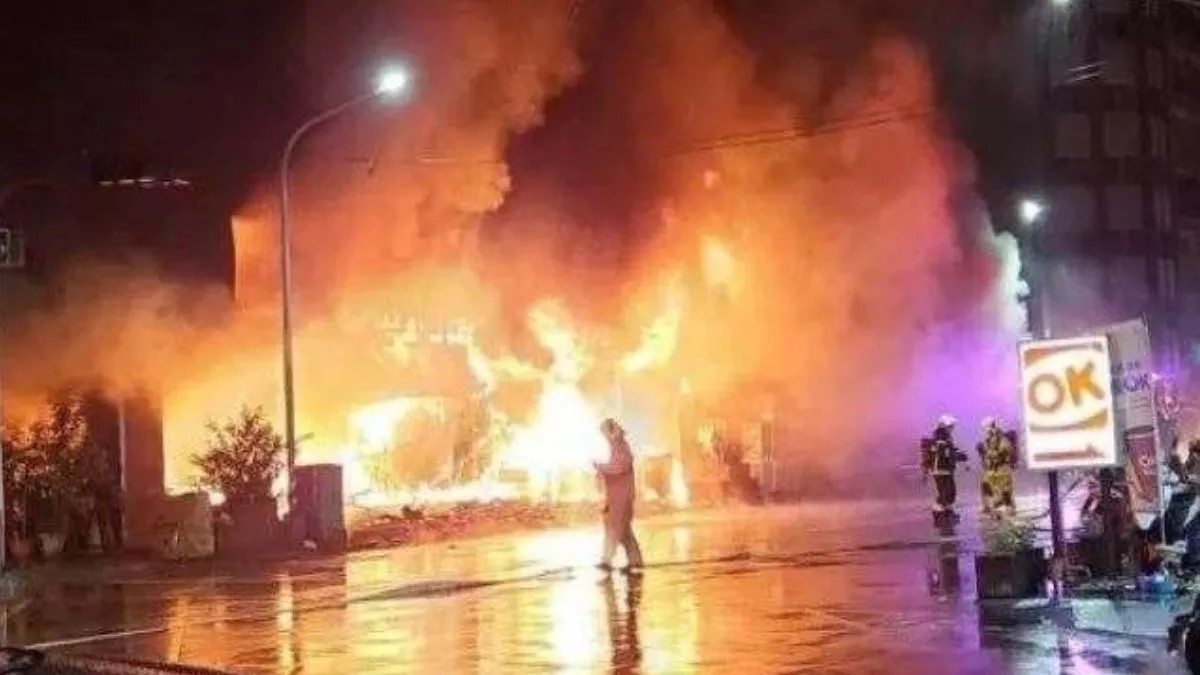


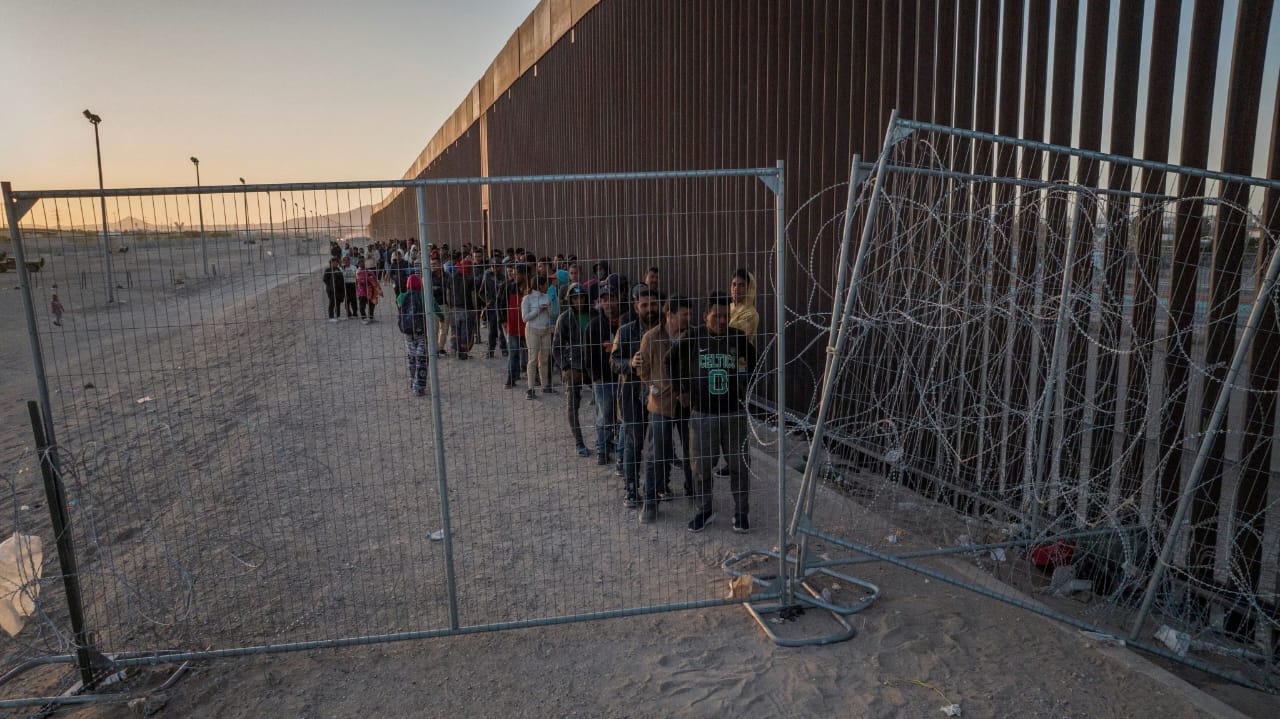

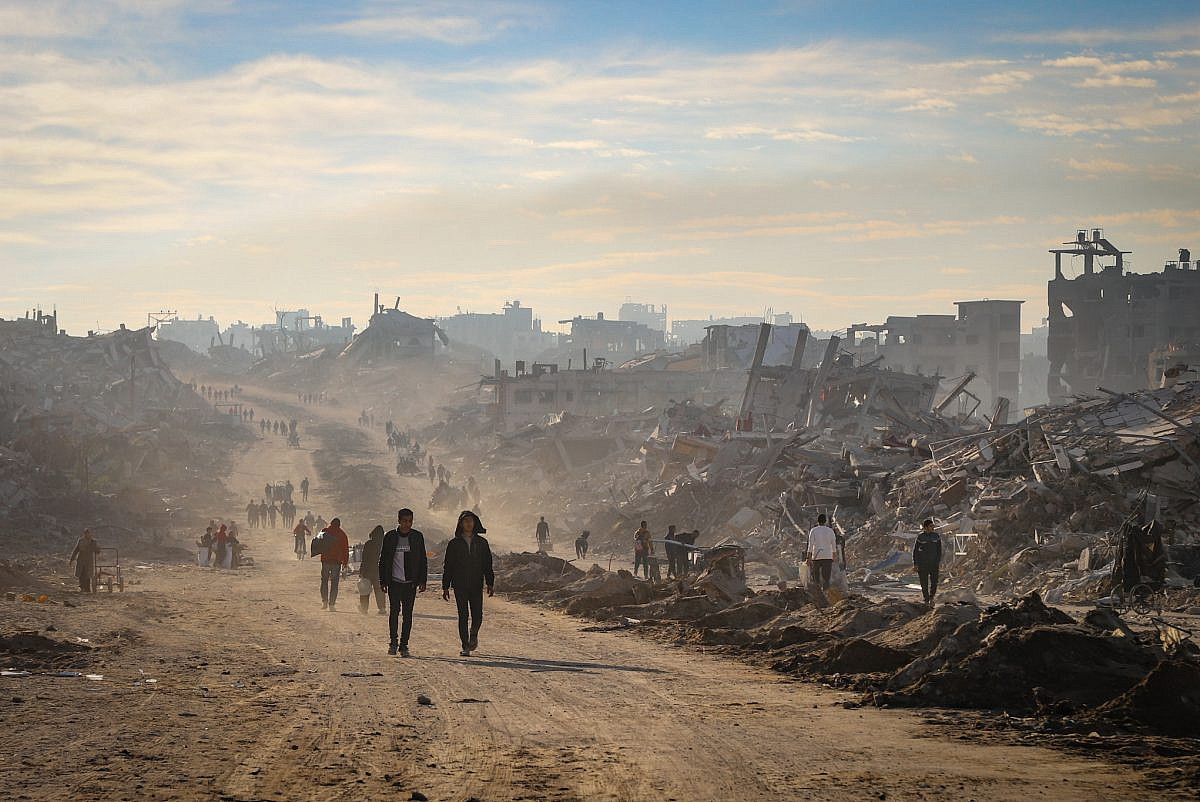
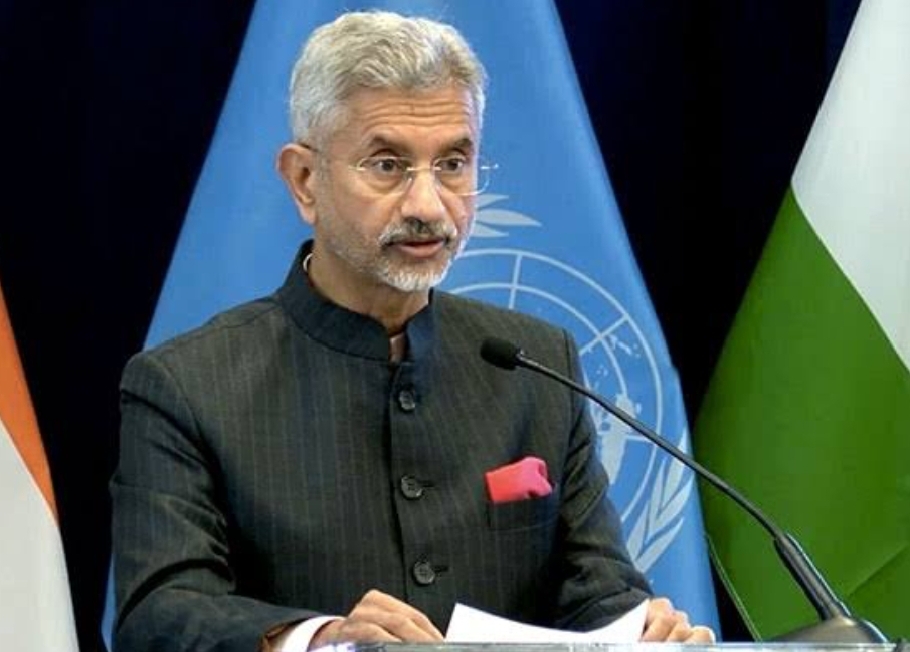

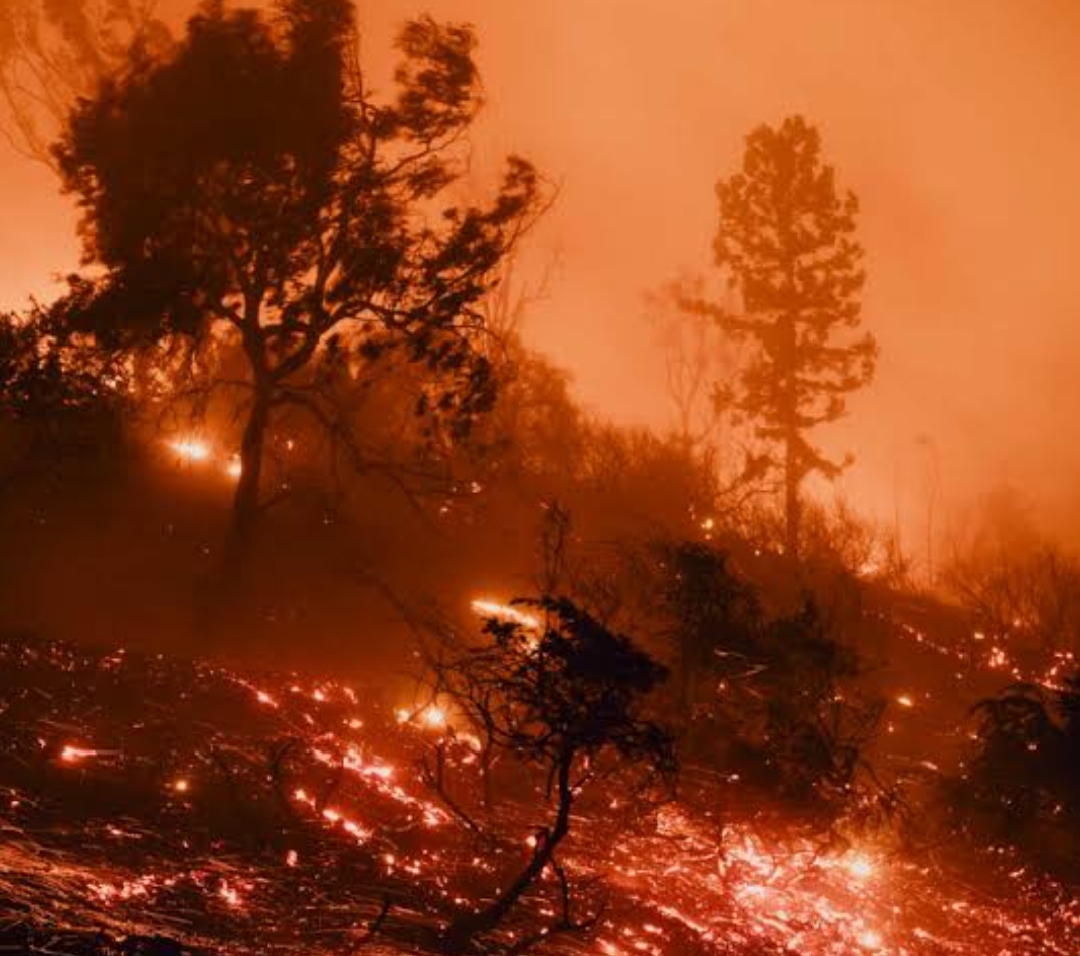

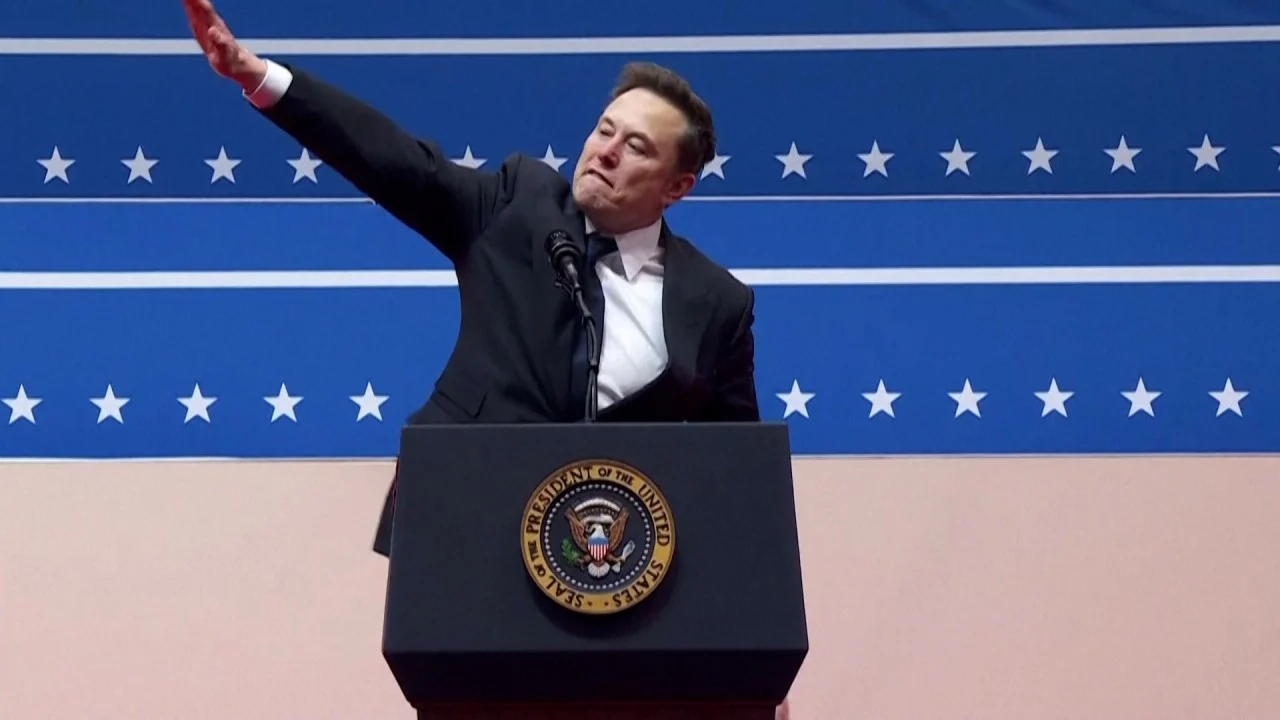
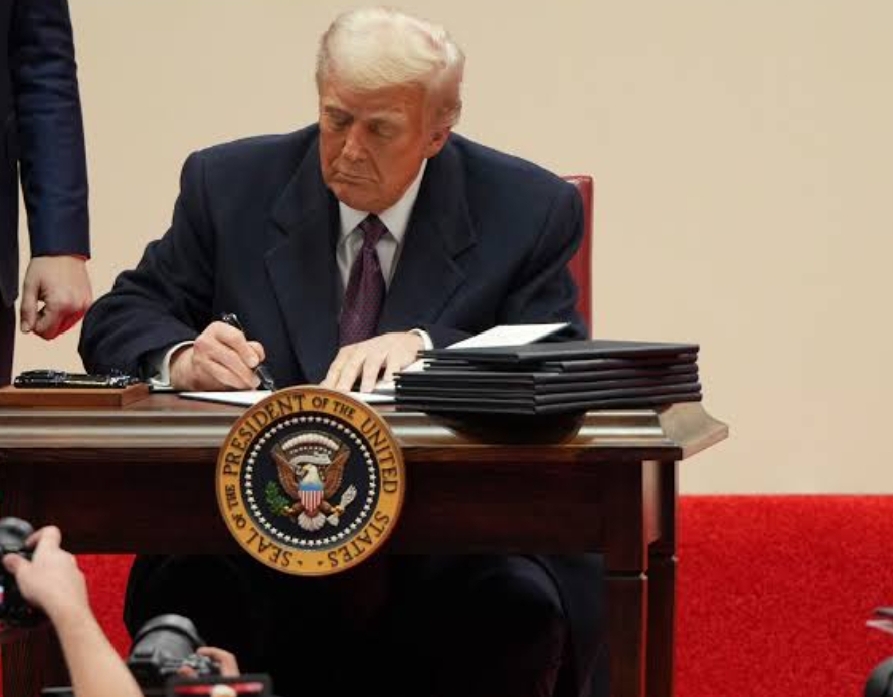
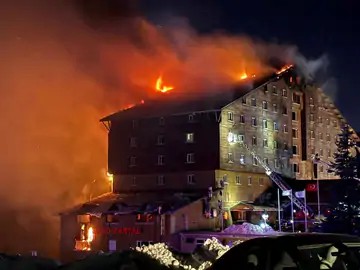
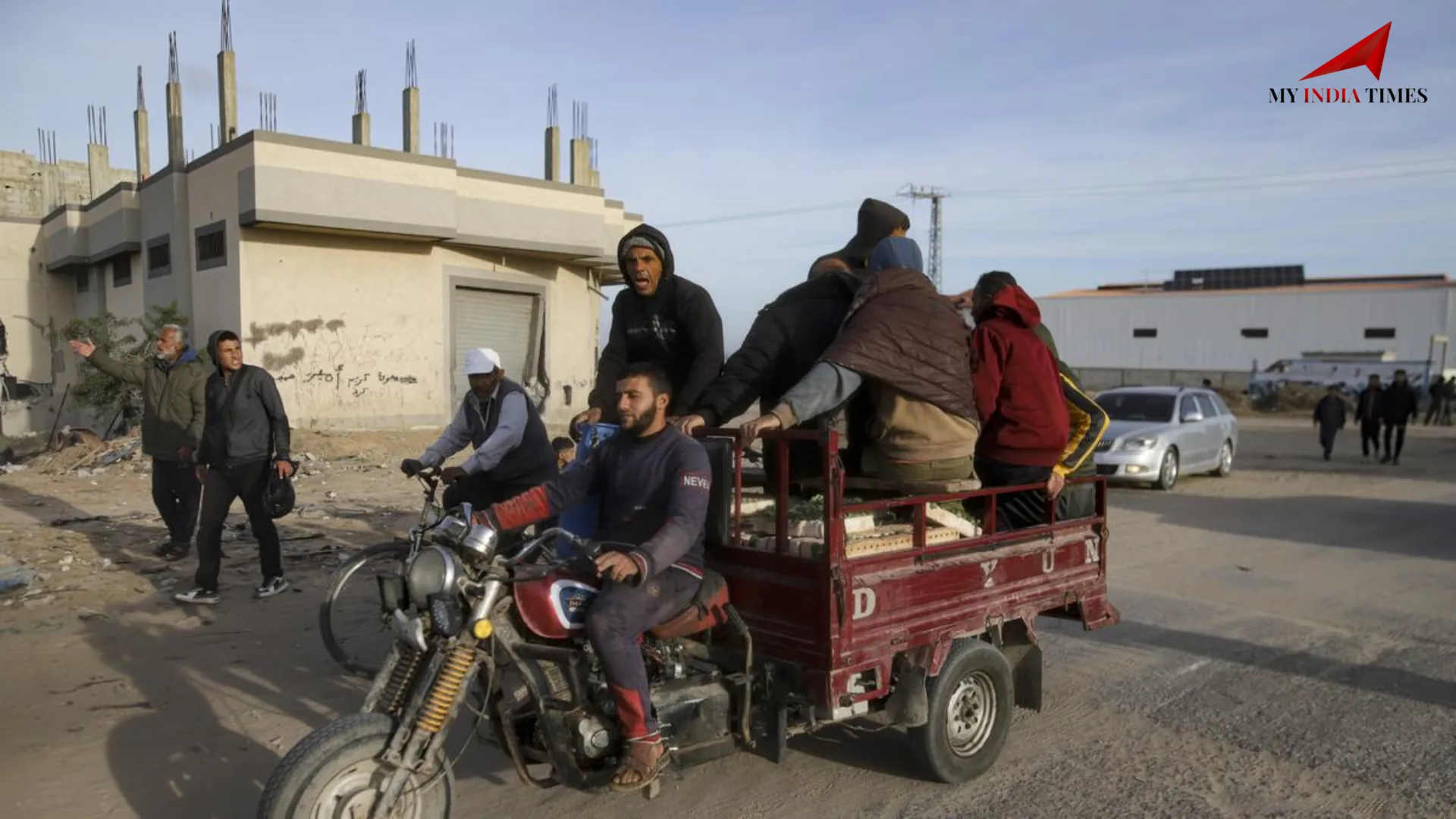
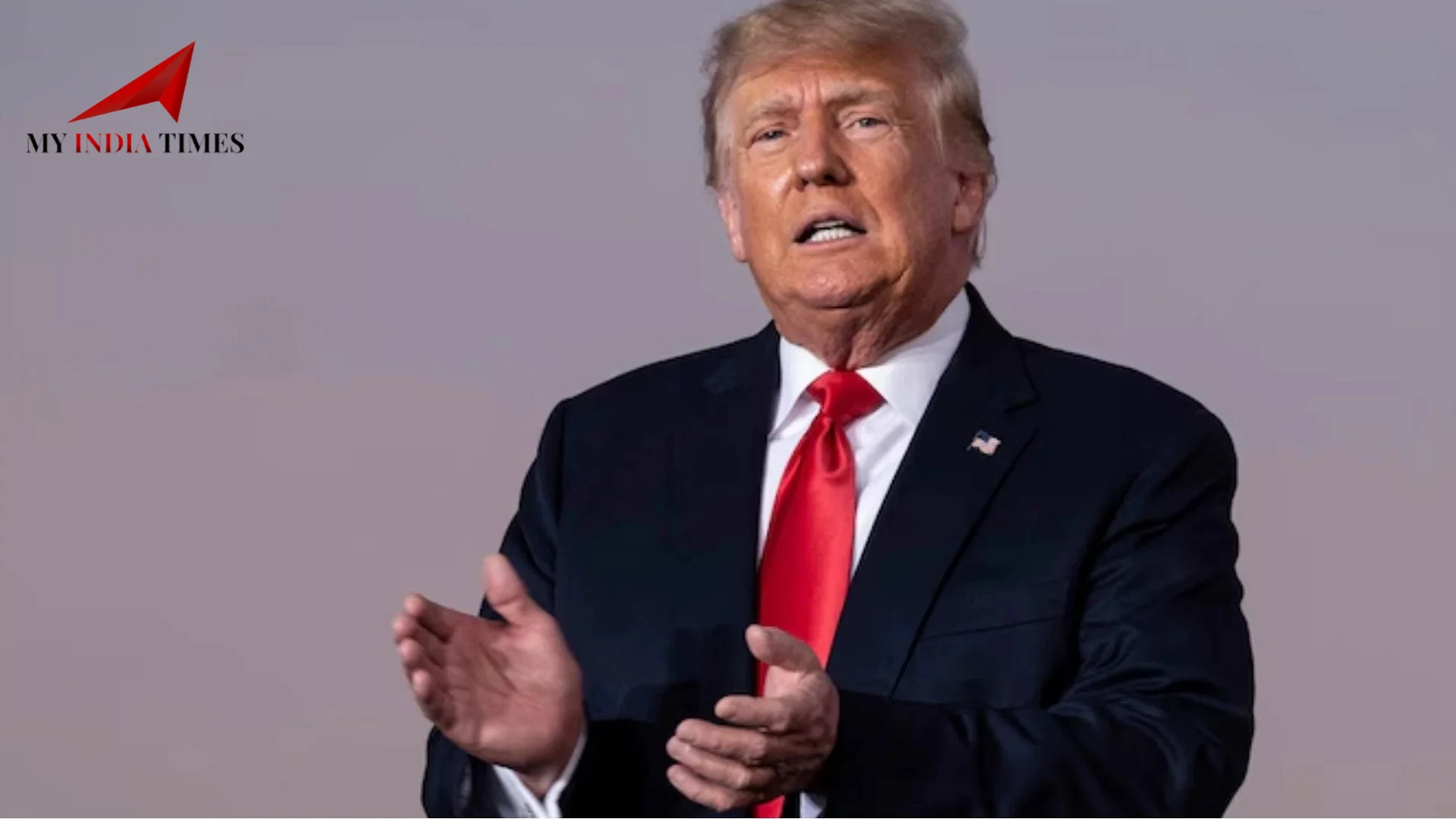
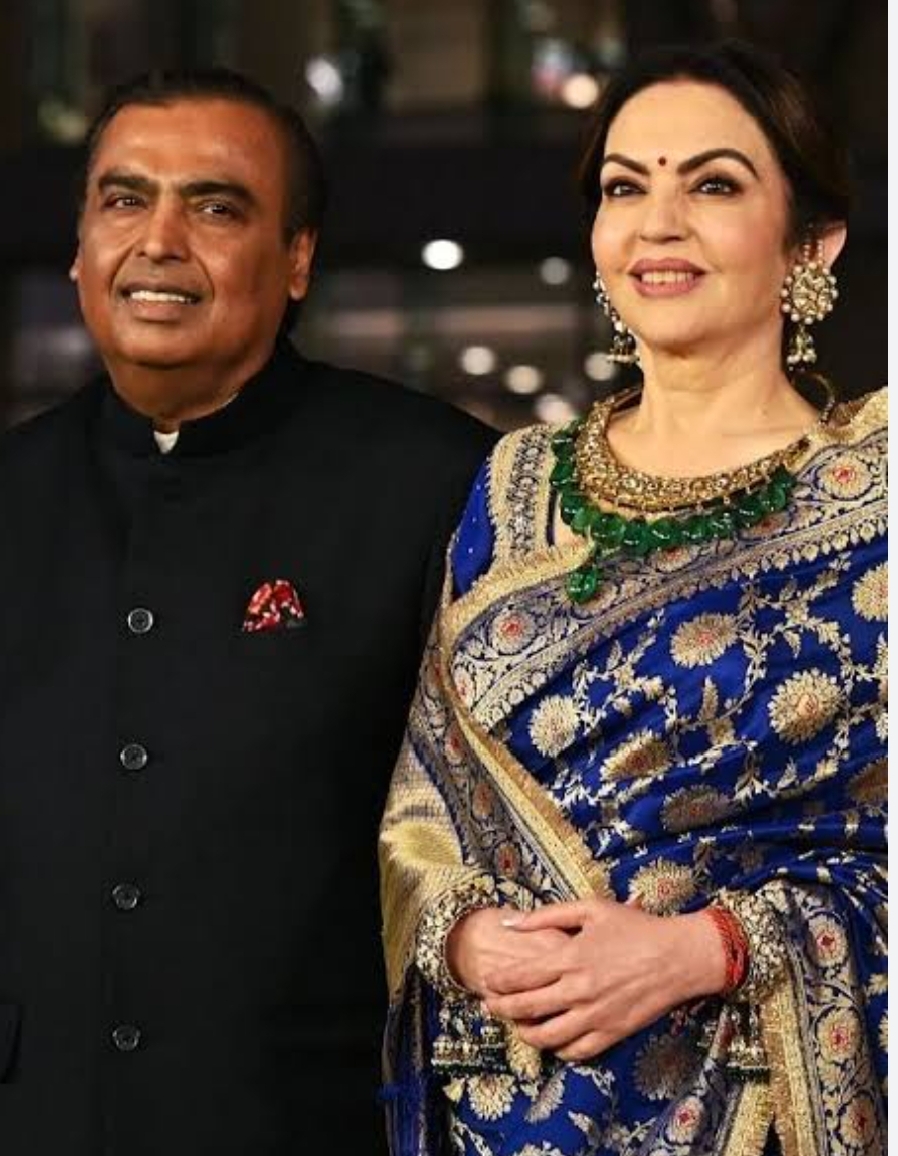
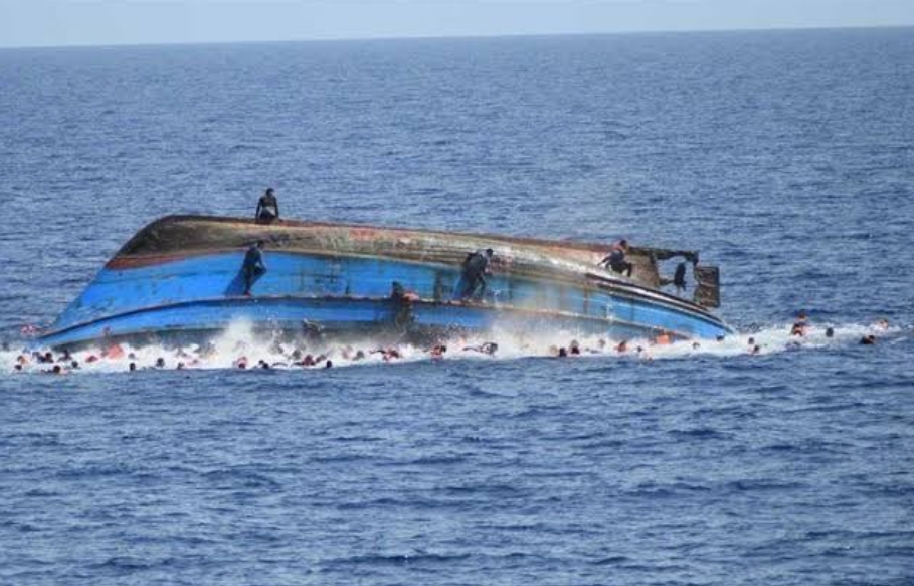
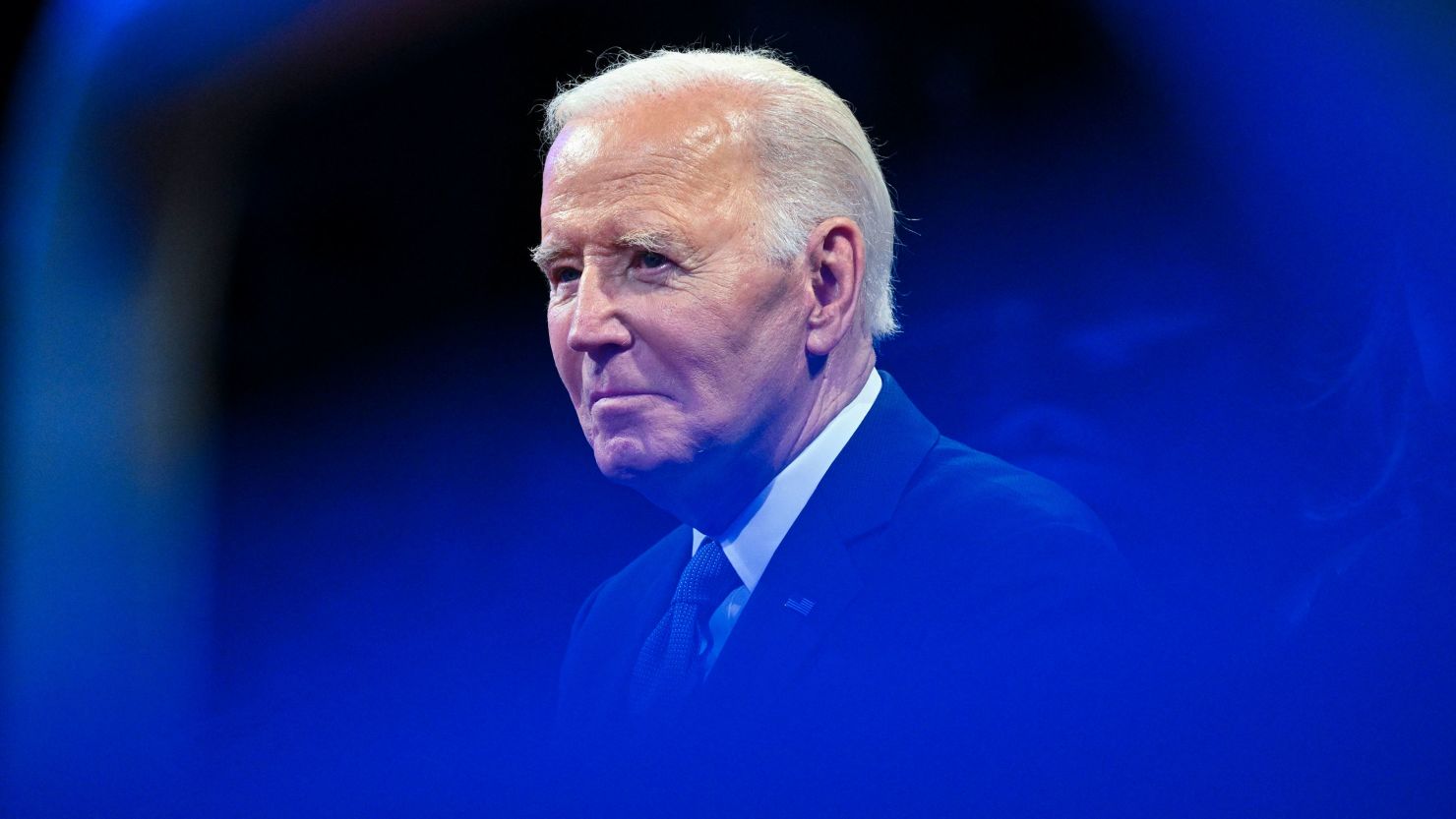
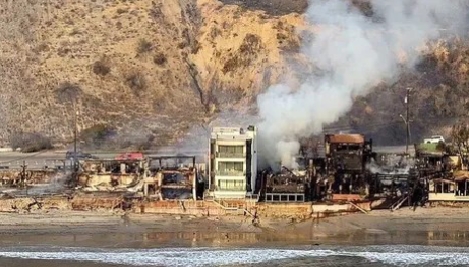

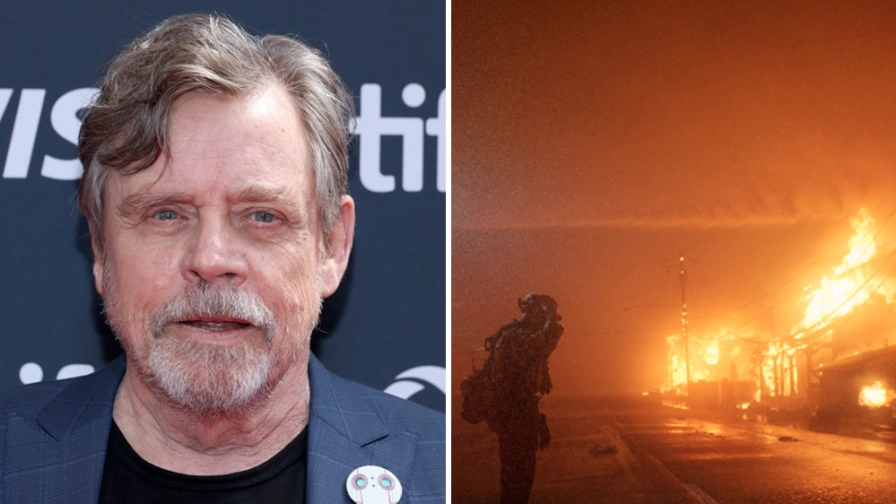
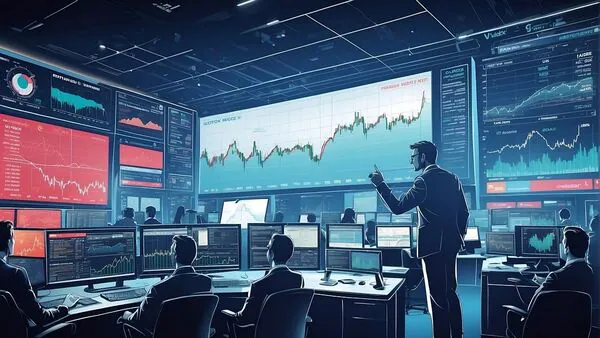
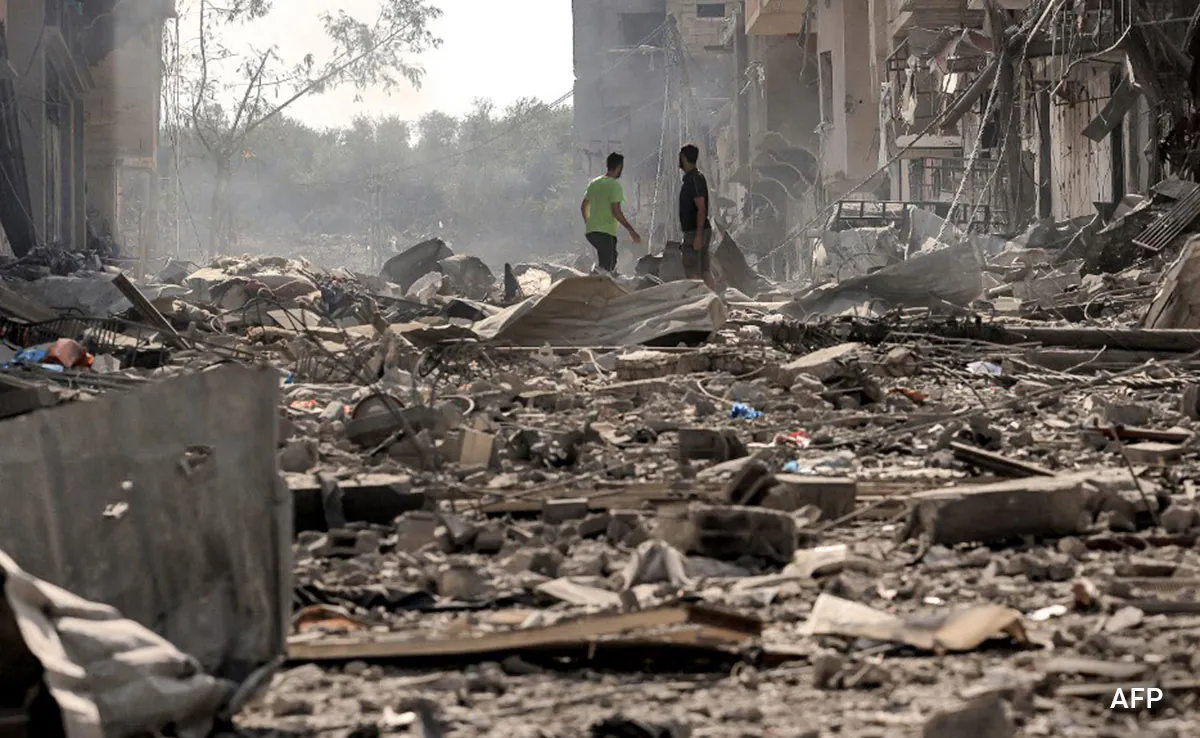
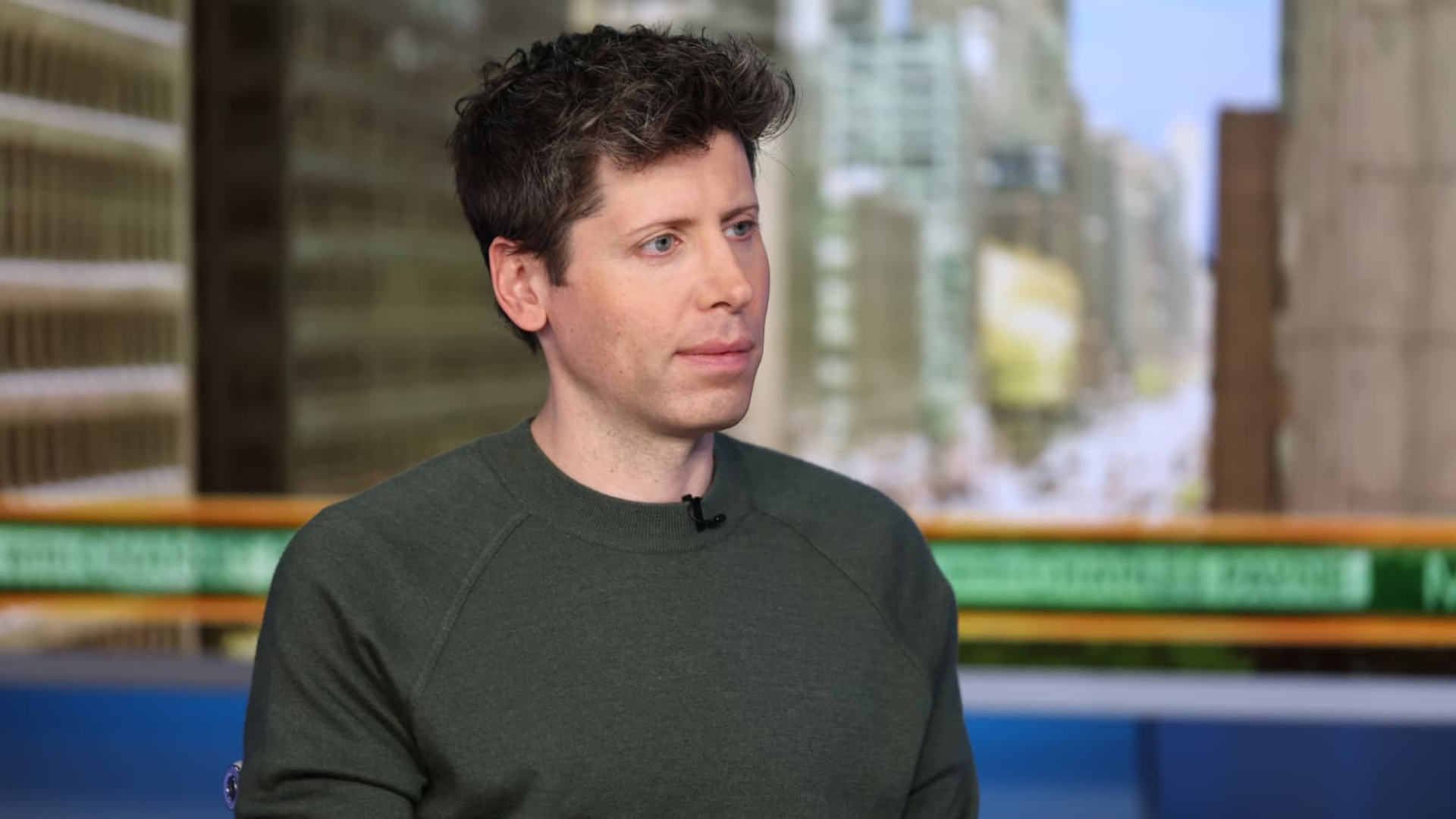
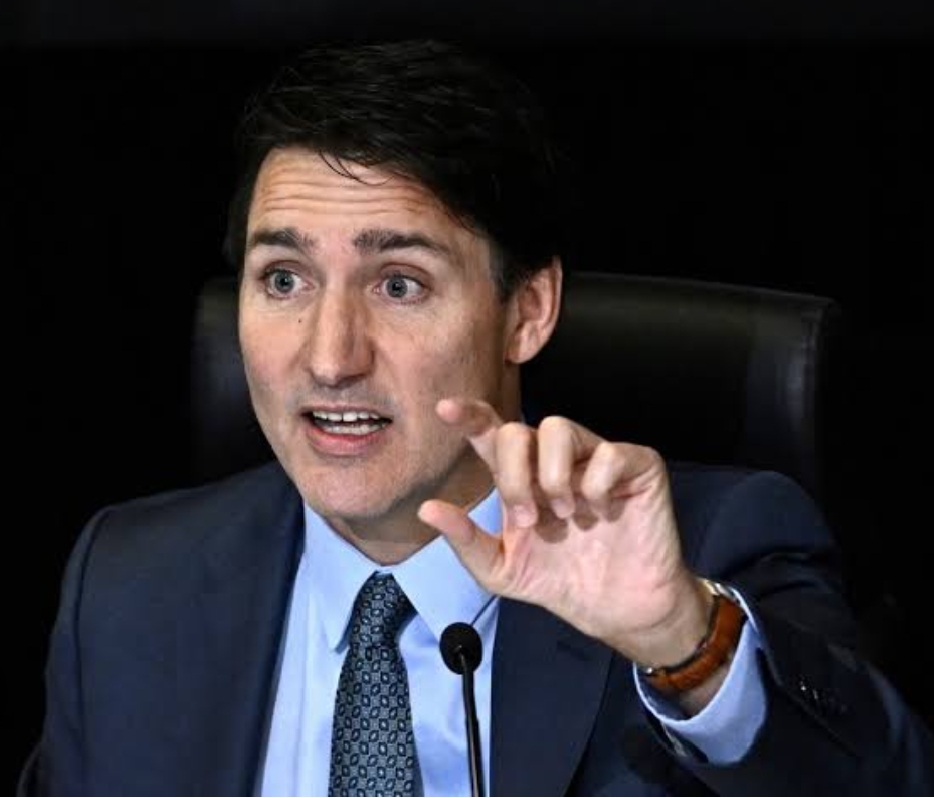
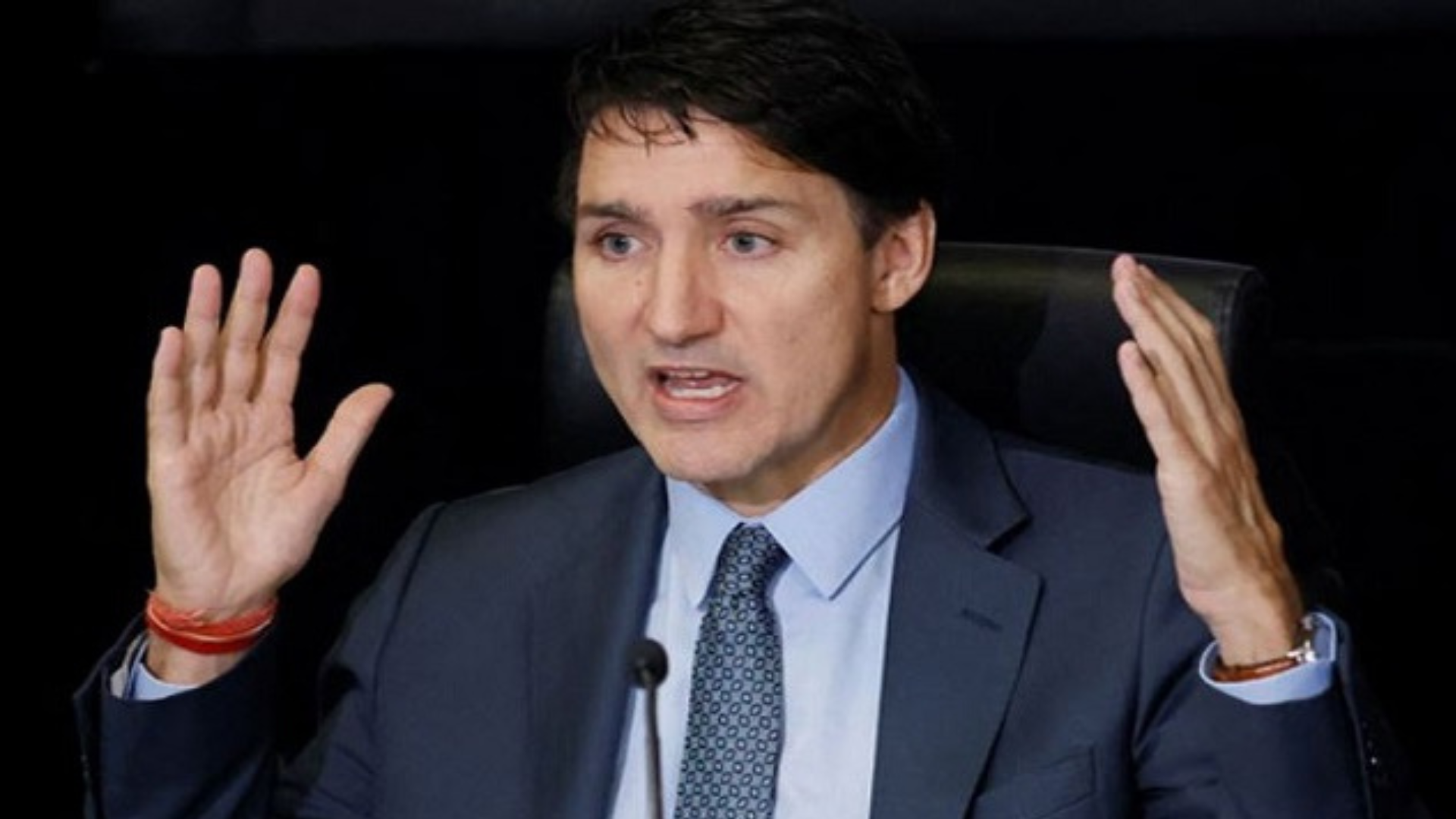
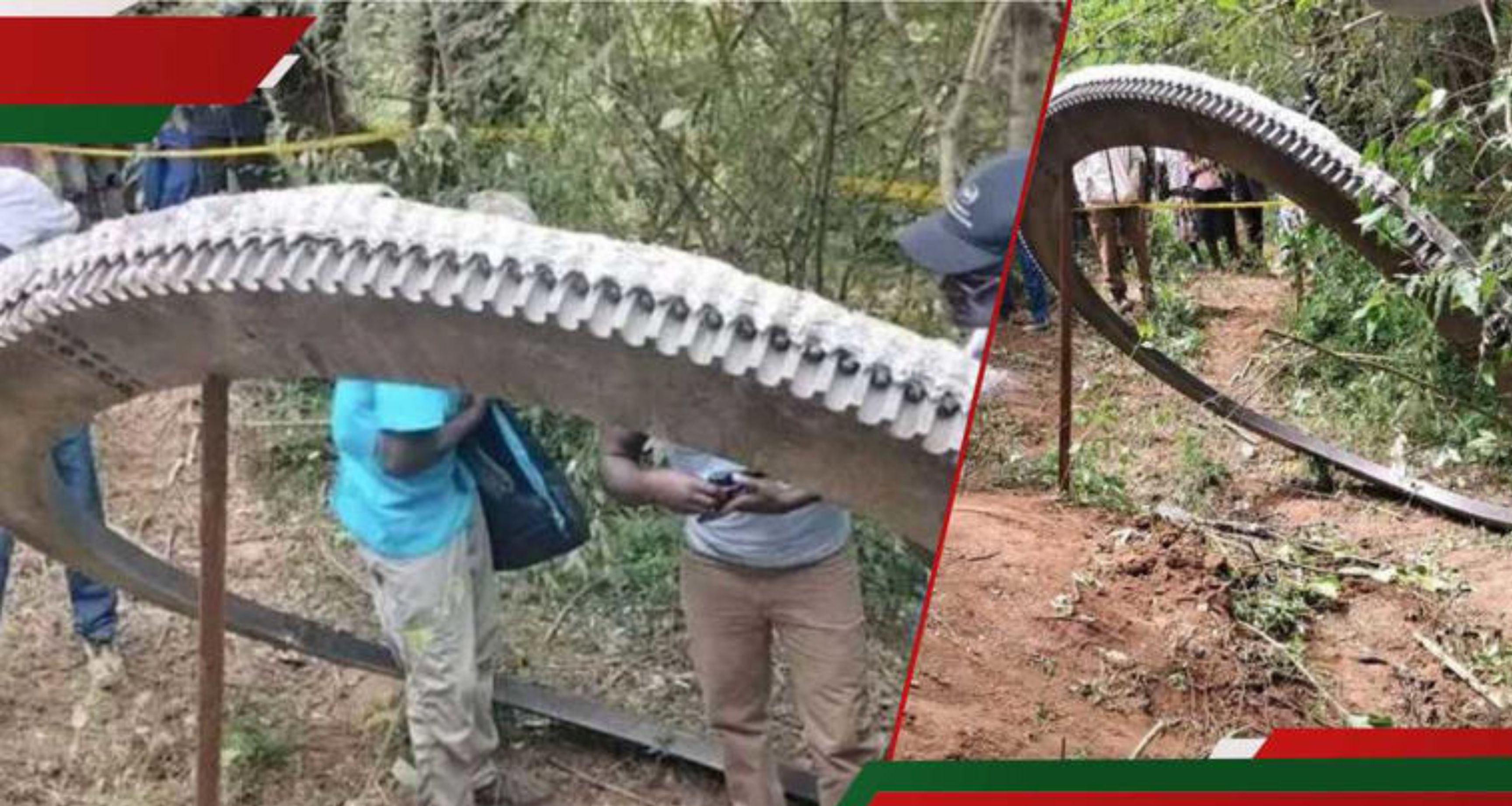
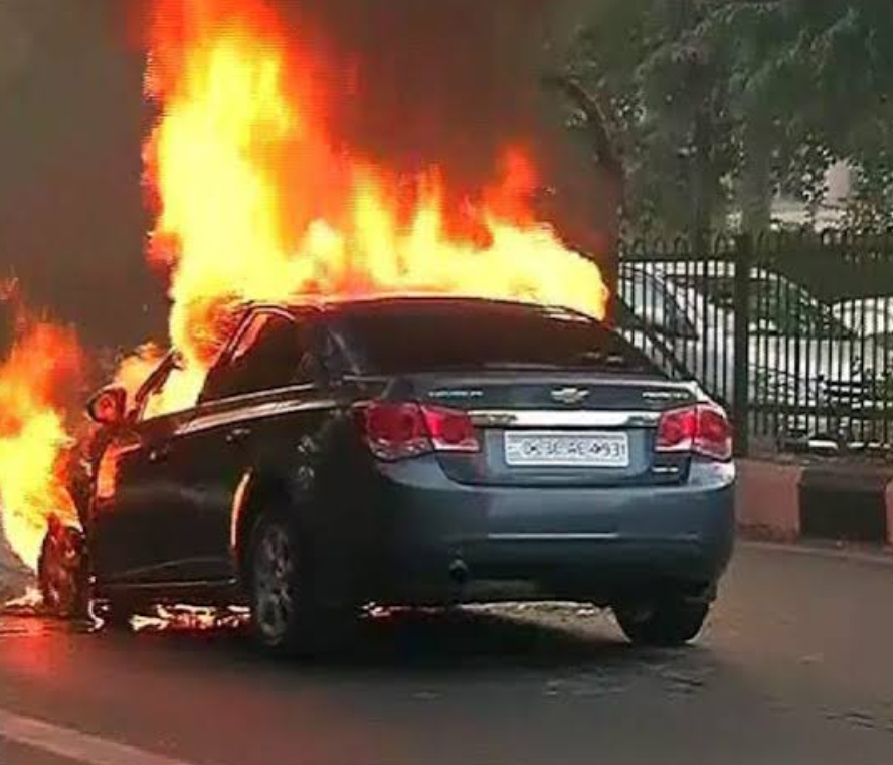
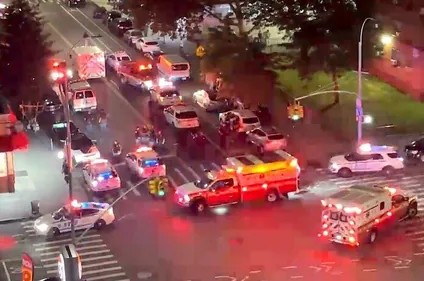
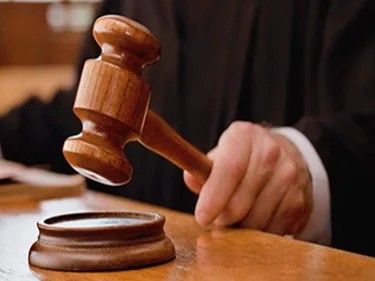
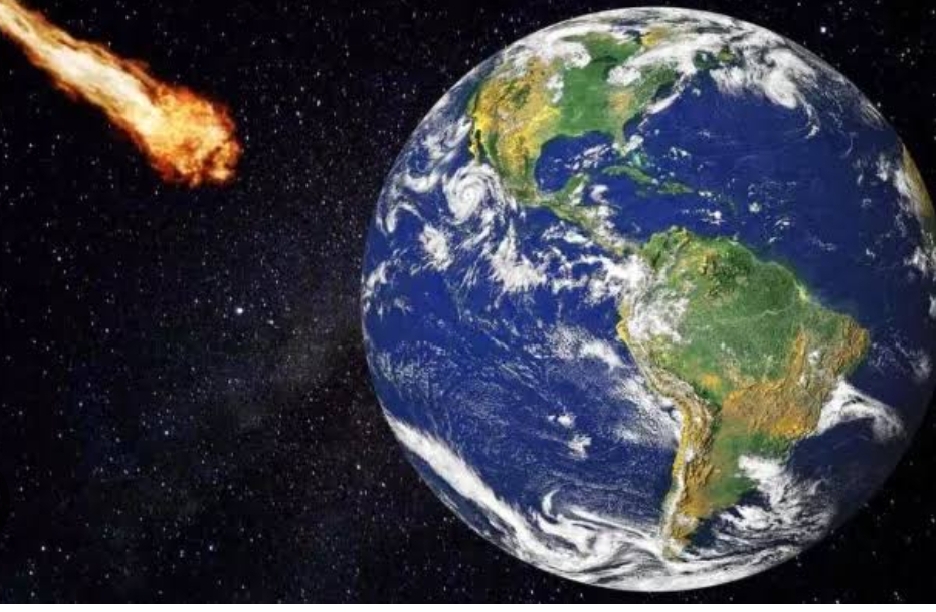

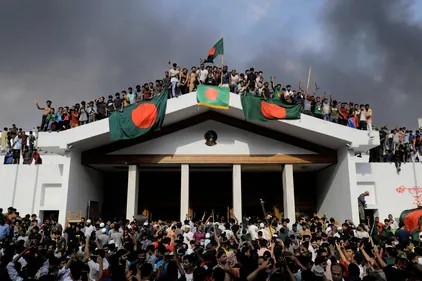

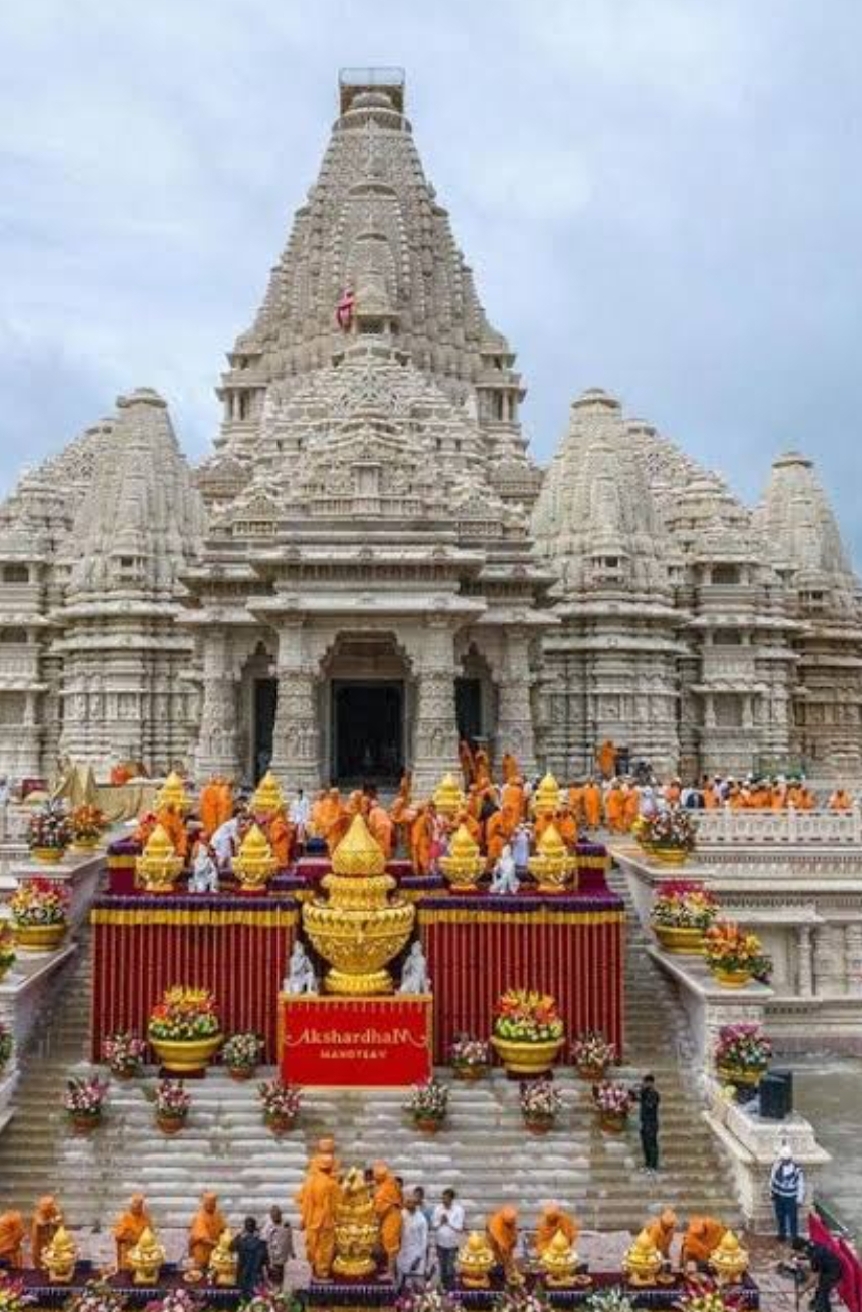
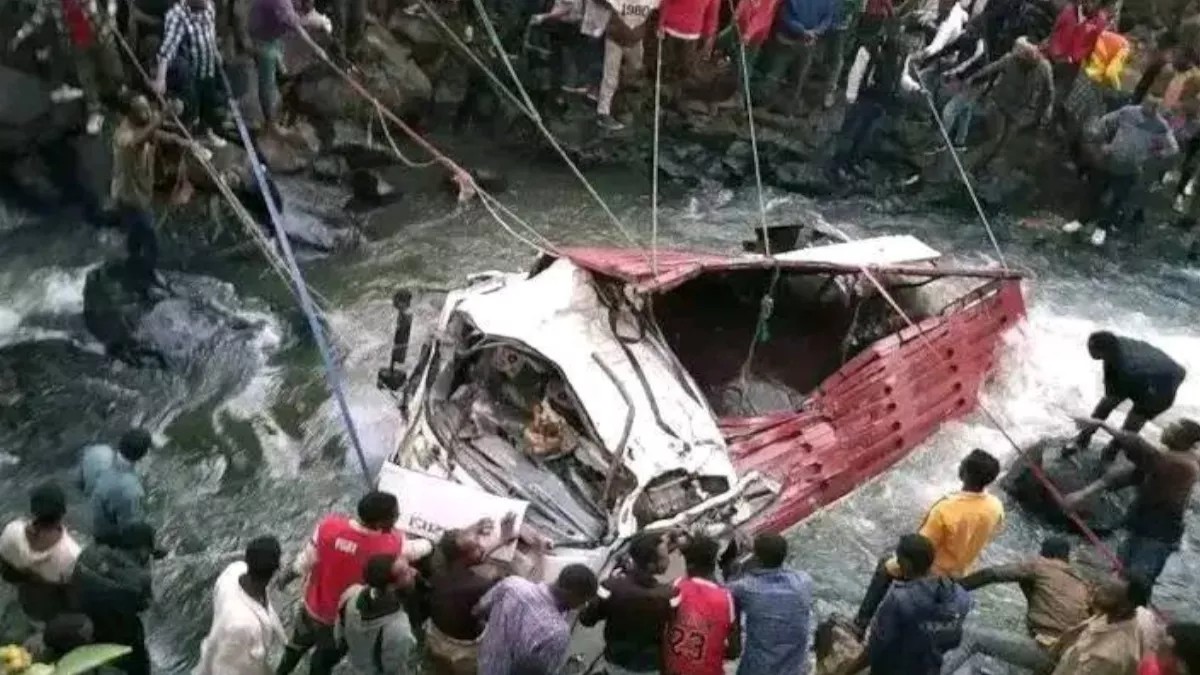
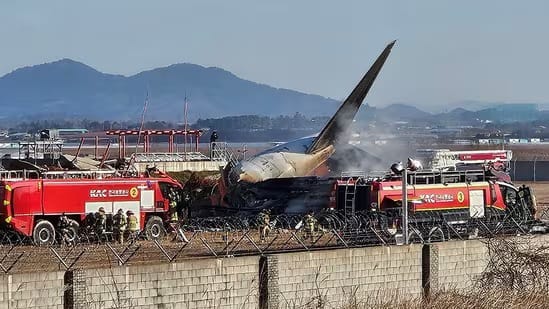
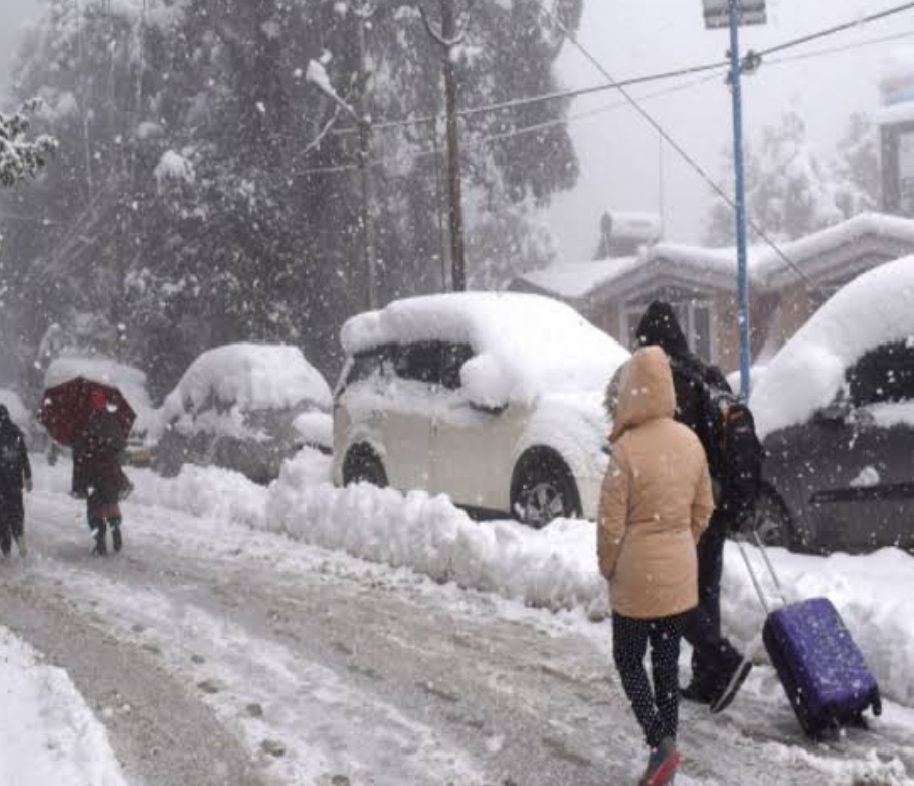
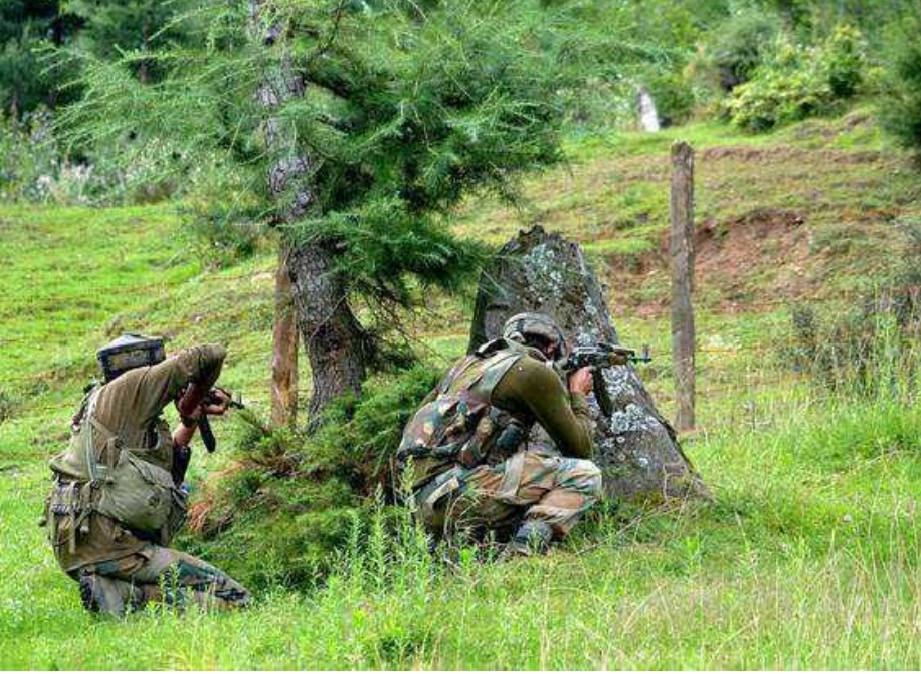
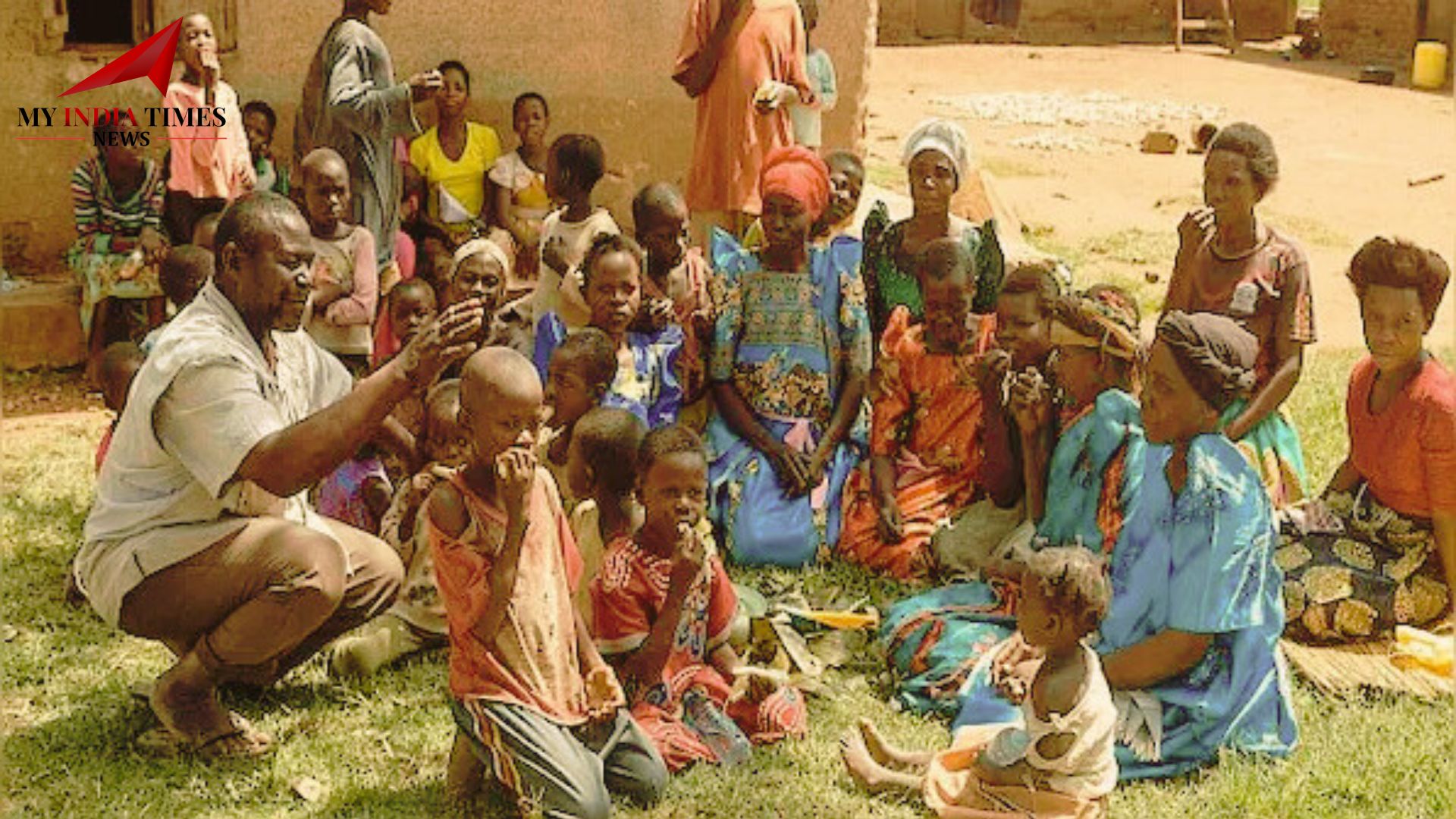
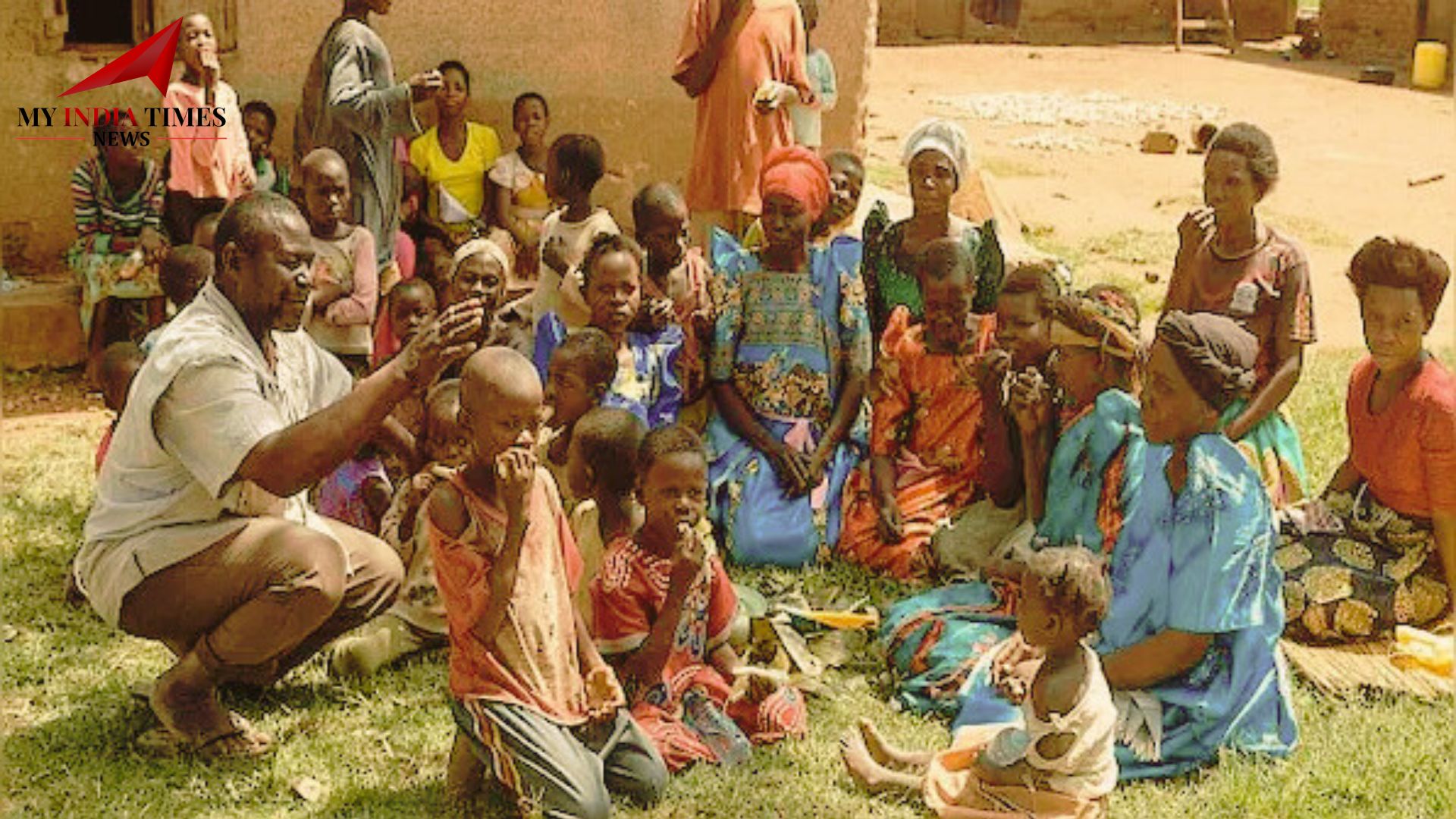
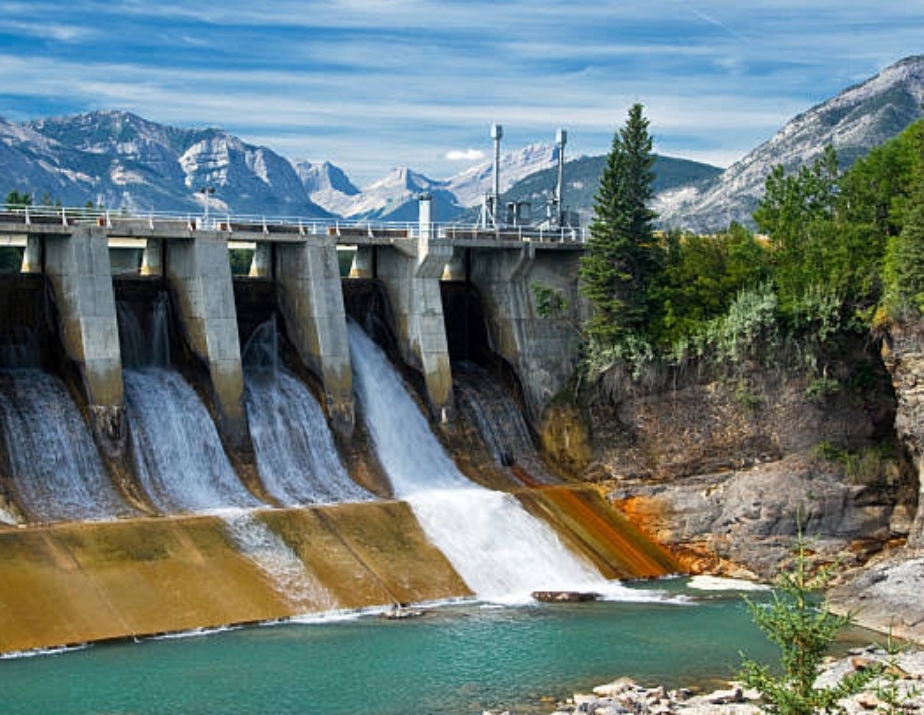
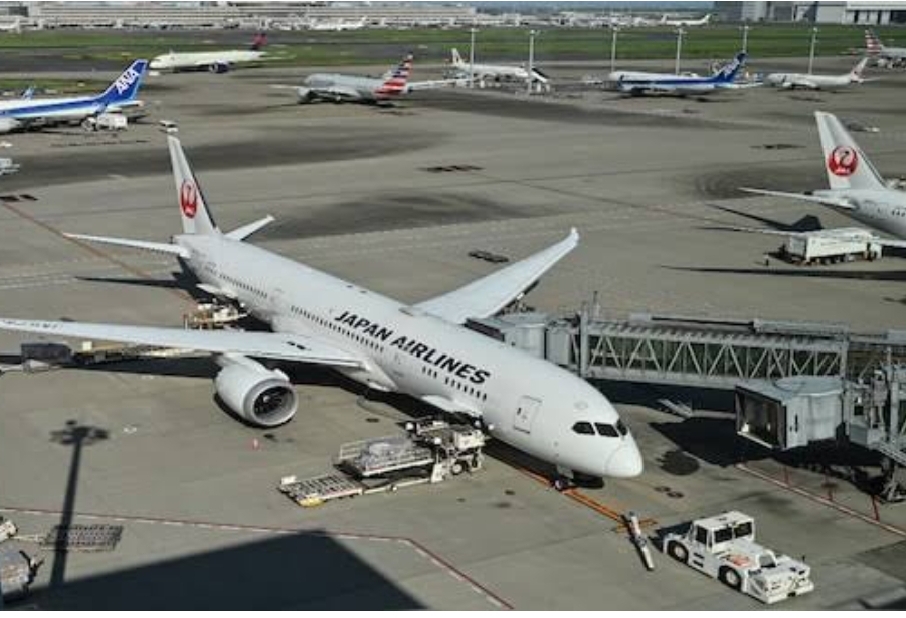
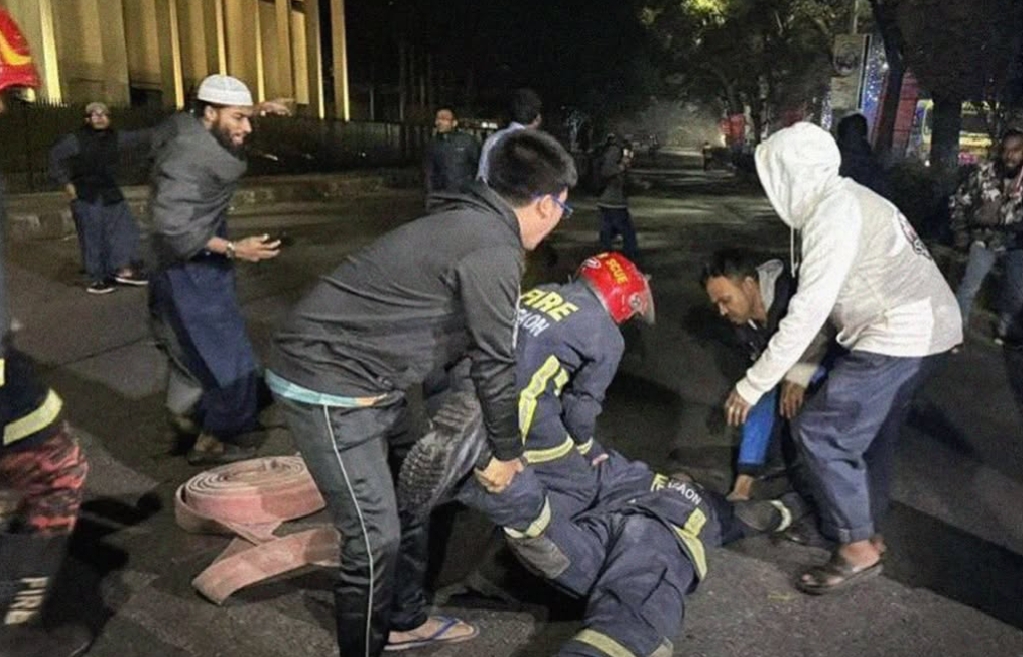



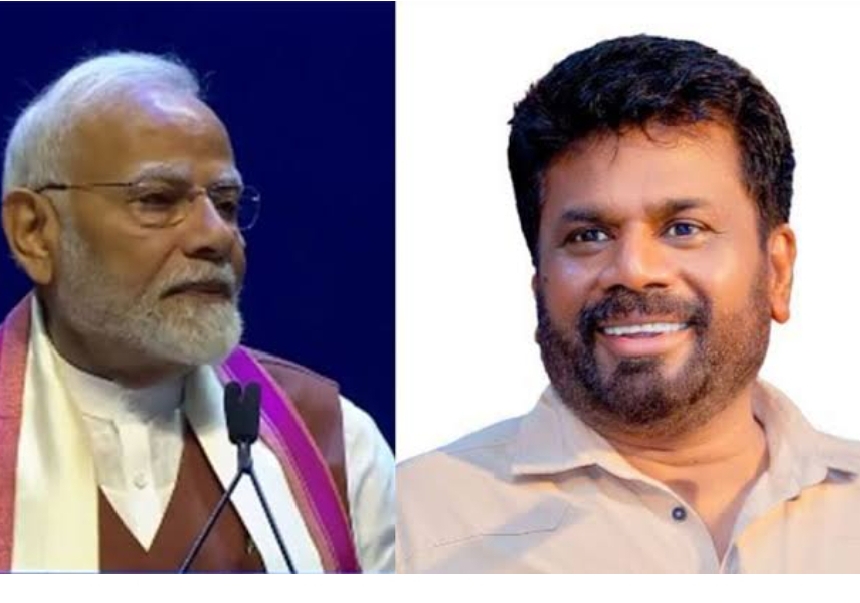
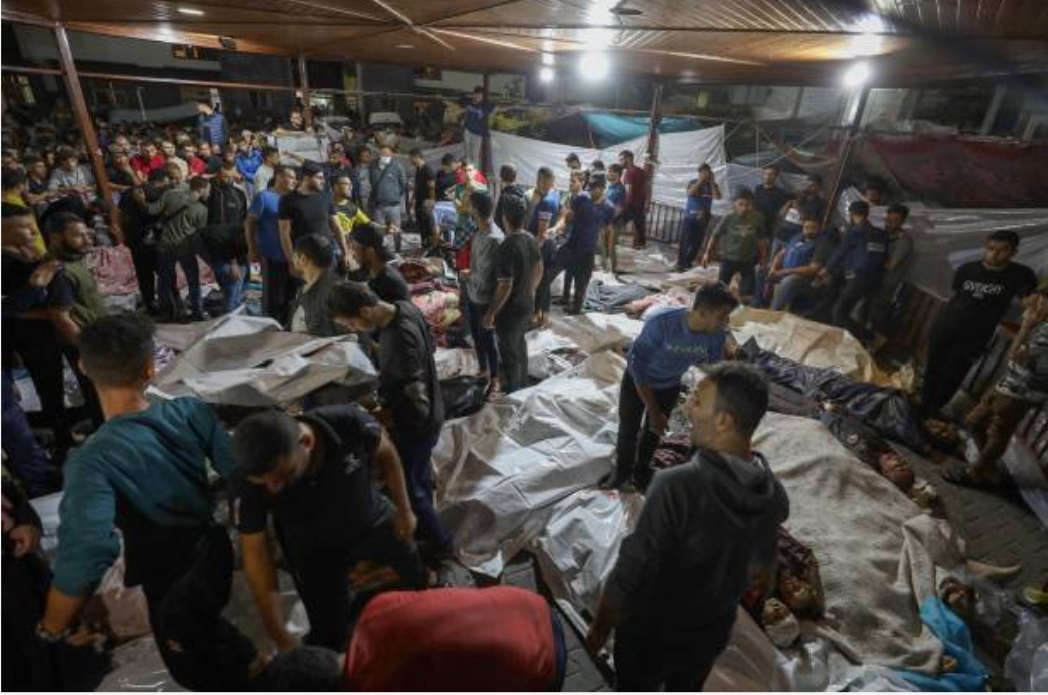
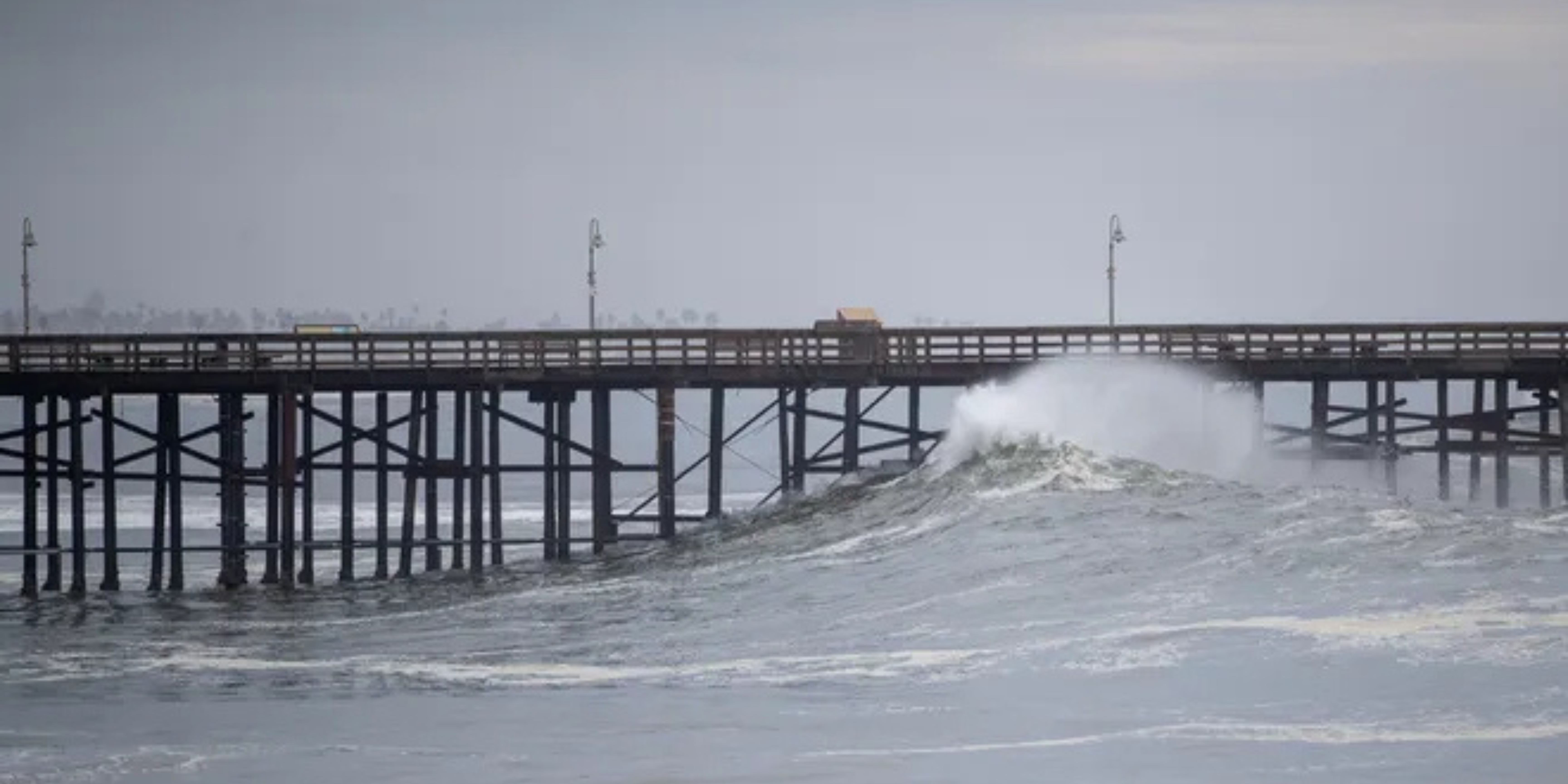
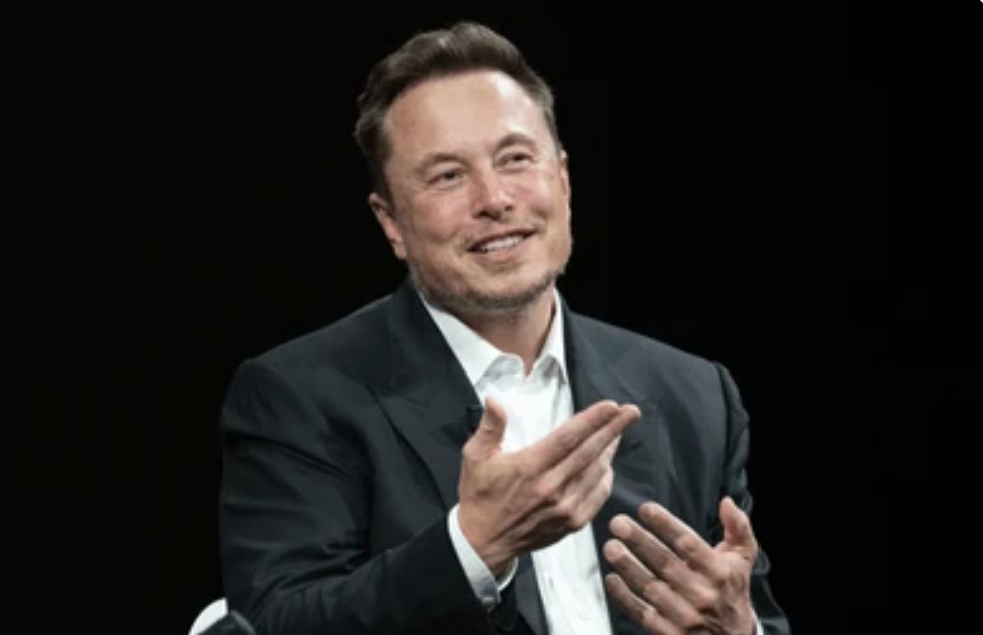
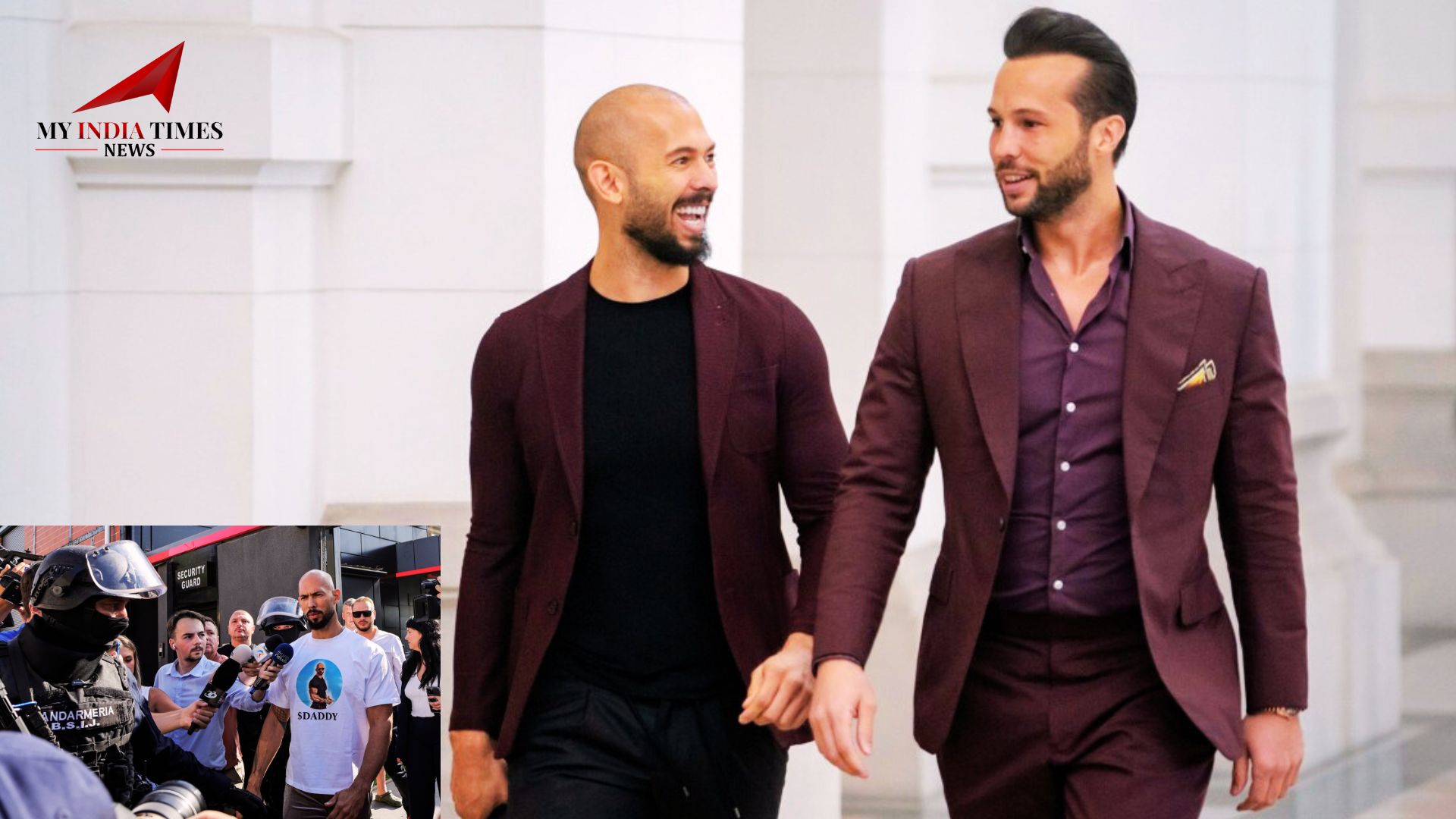
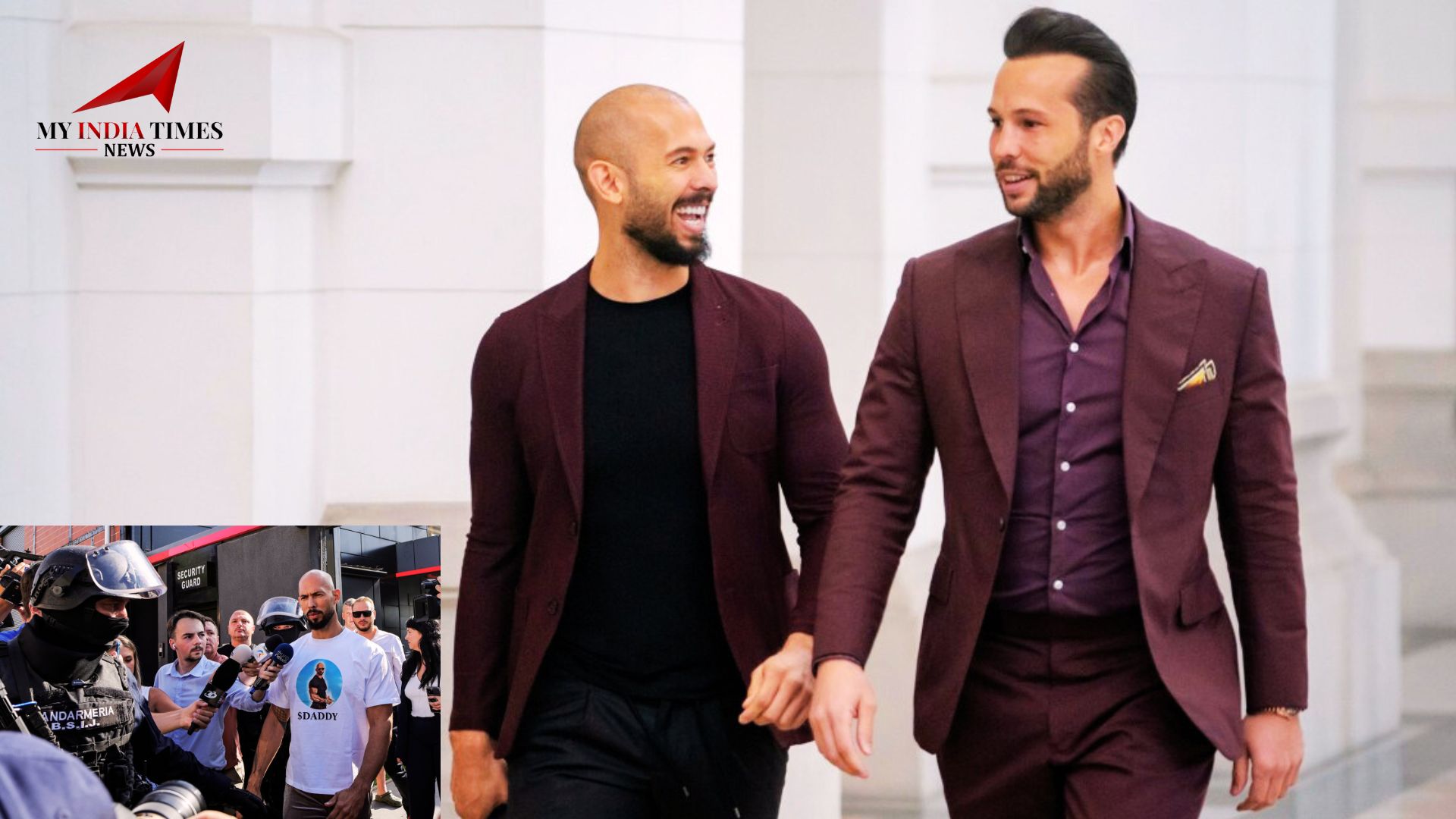

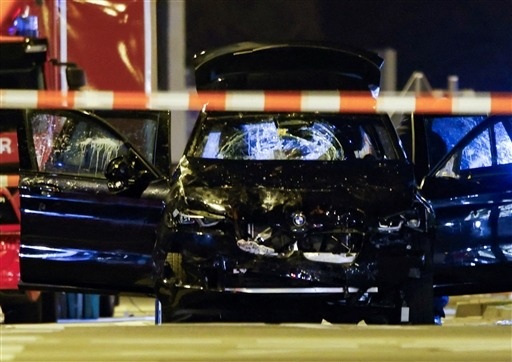
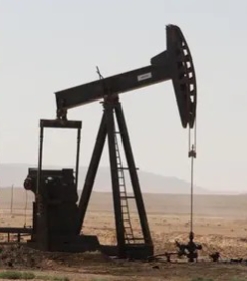

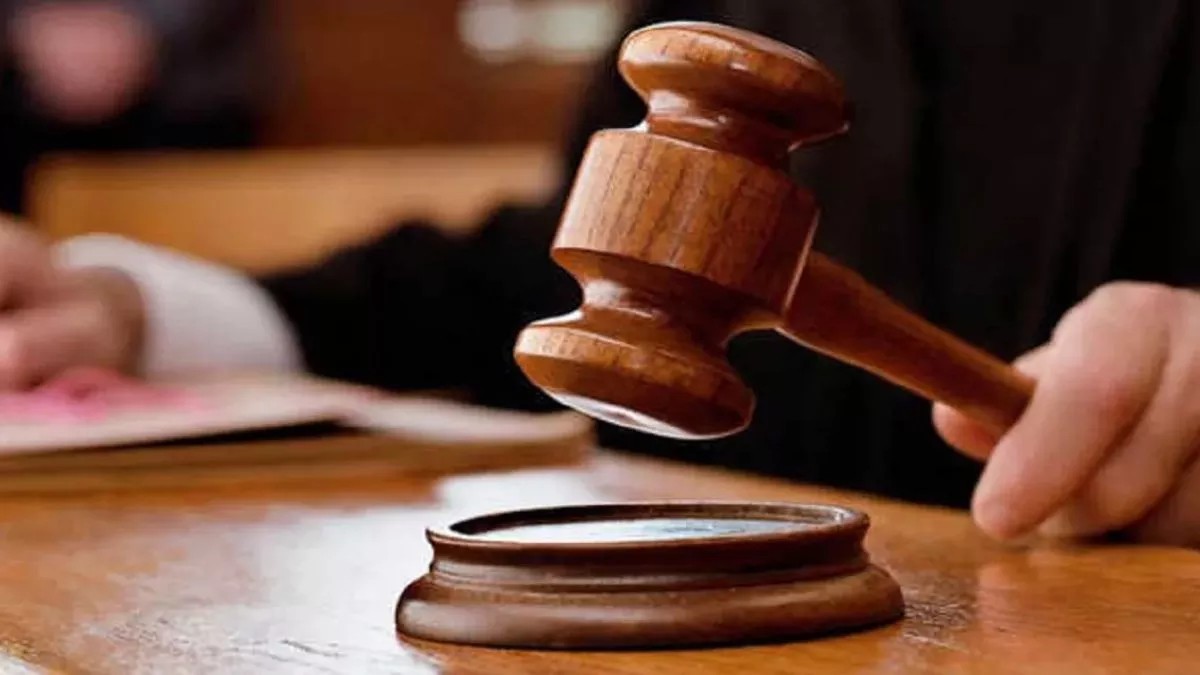
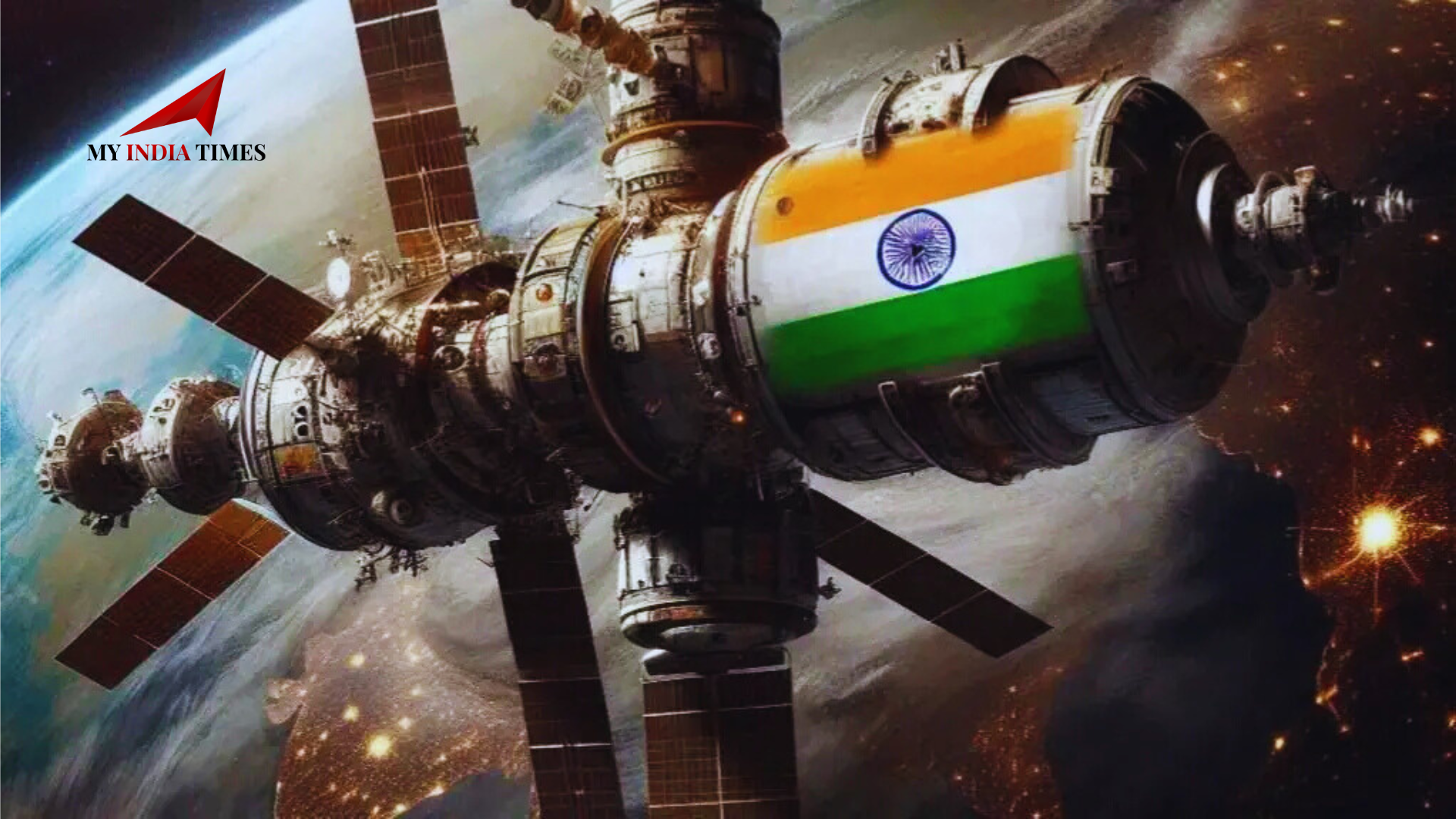


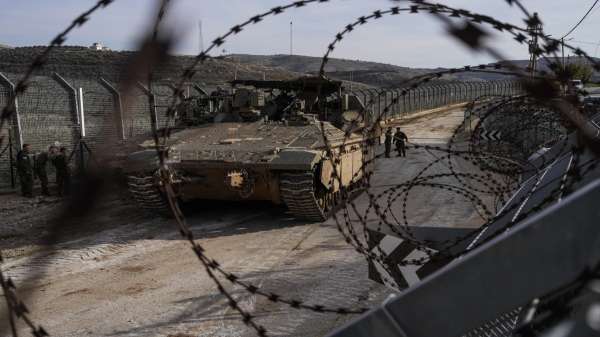
.png)
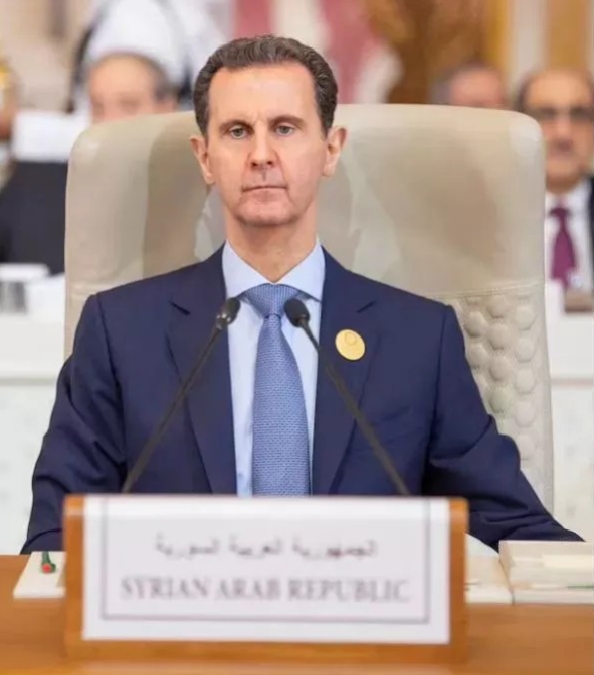
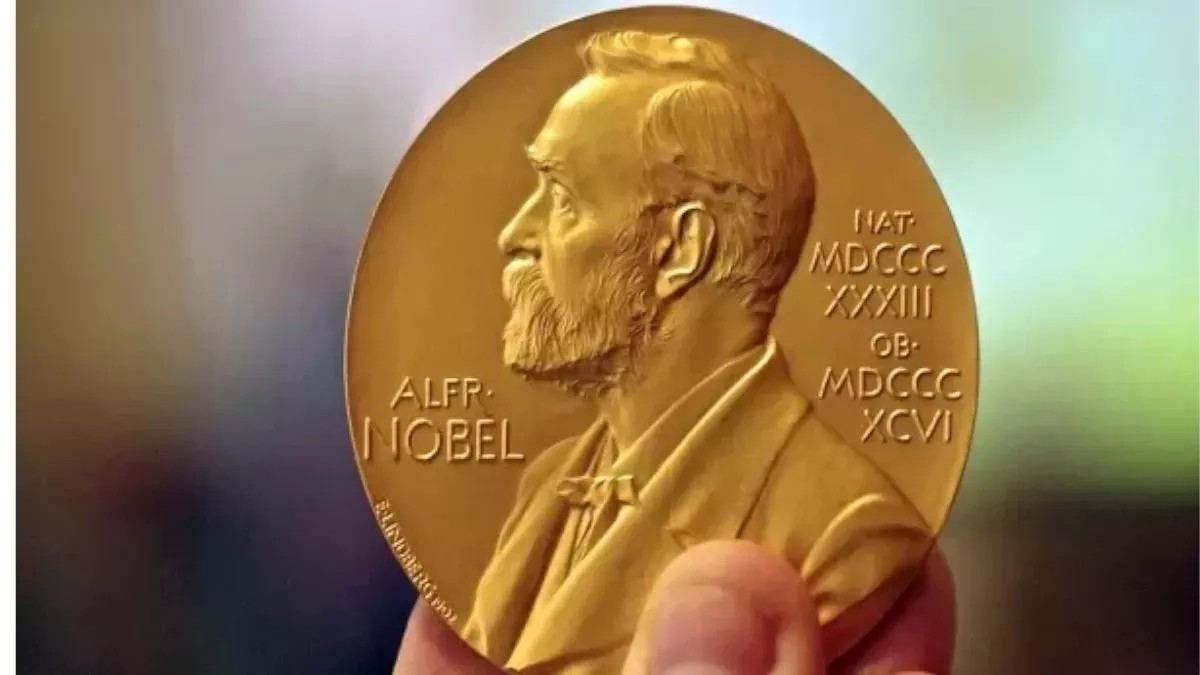
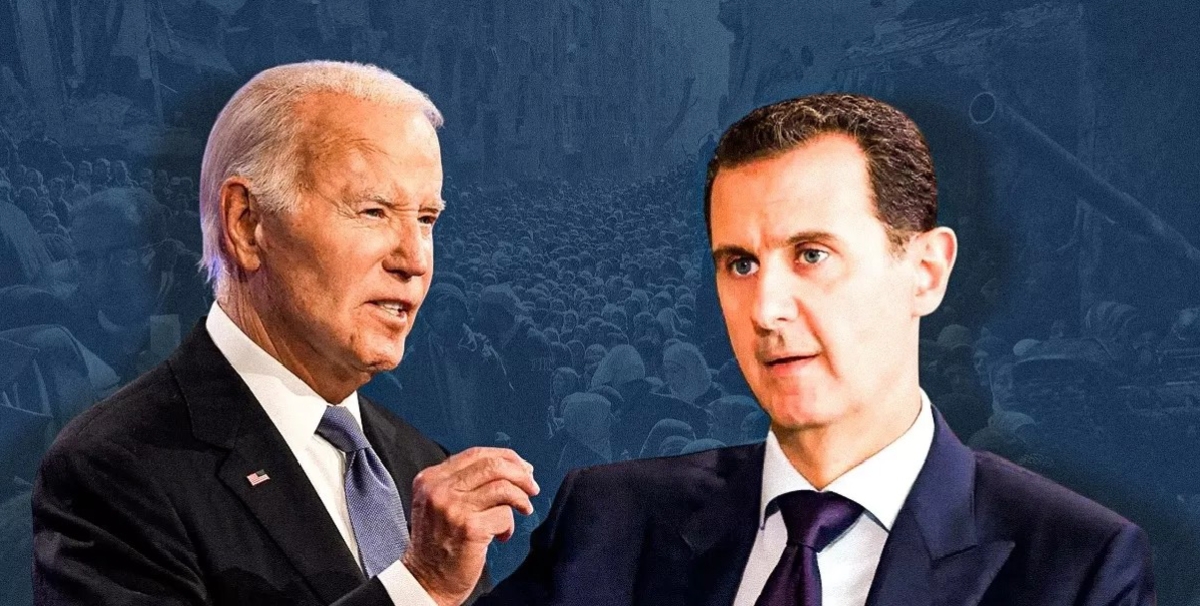
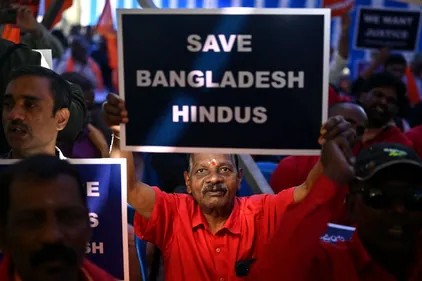
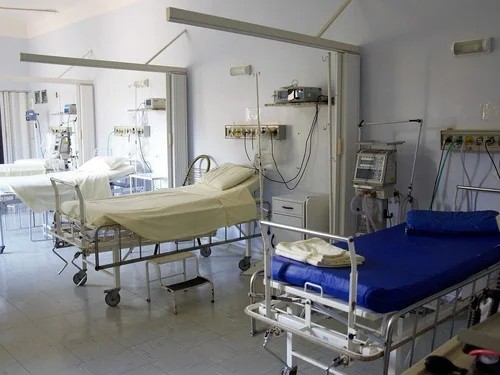

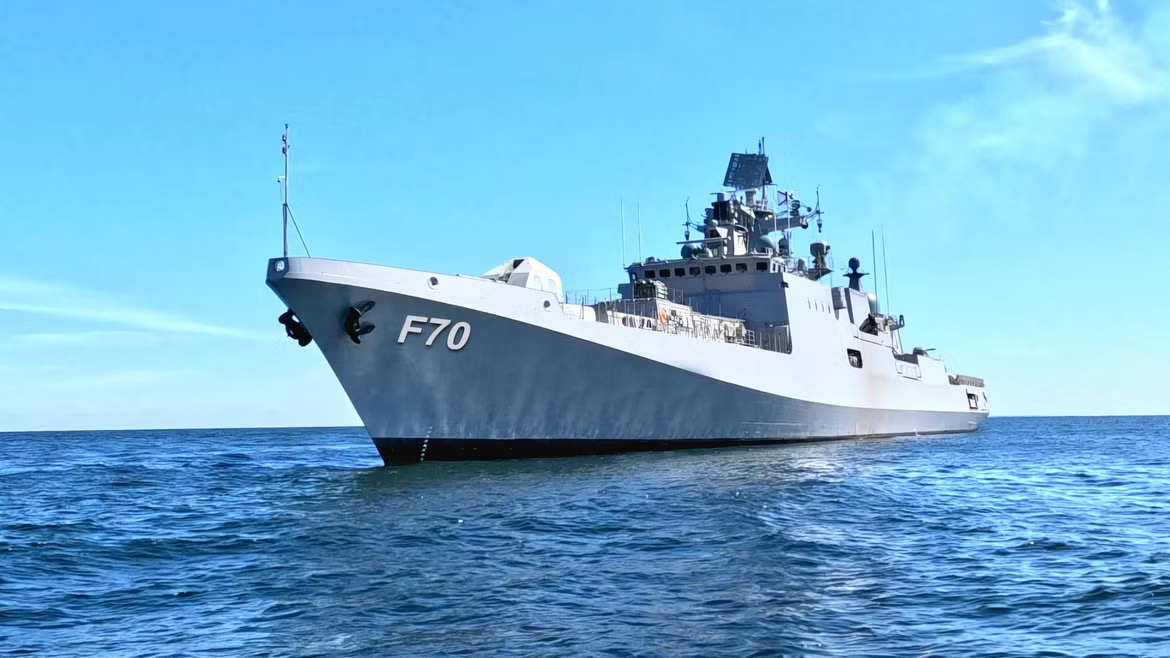

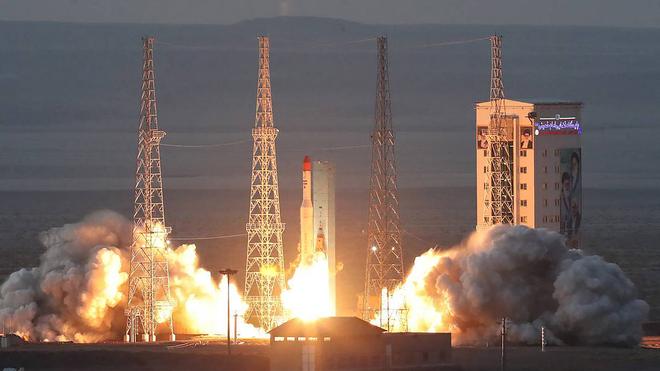
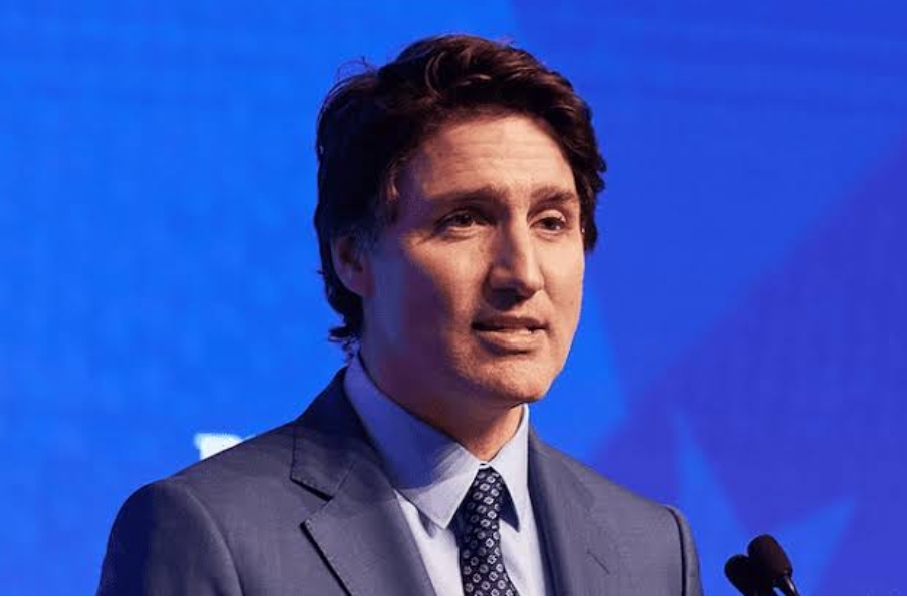
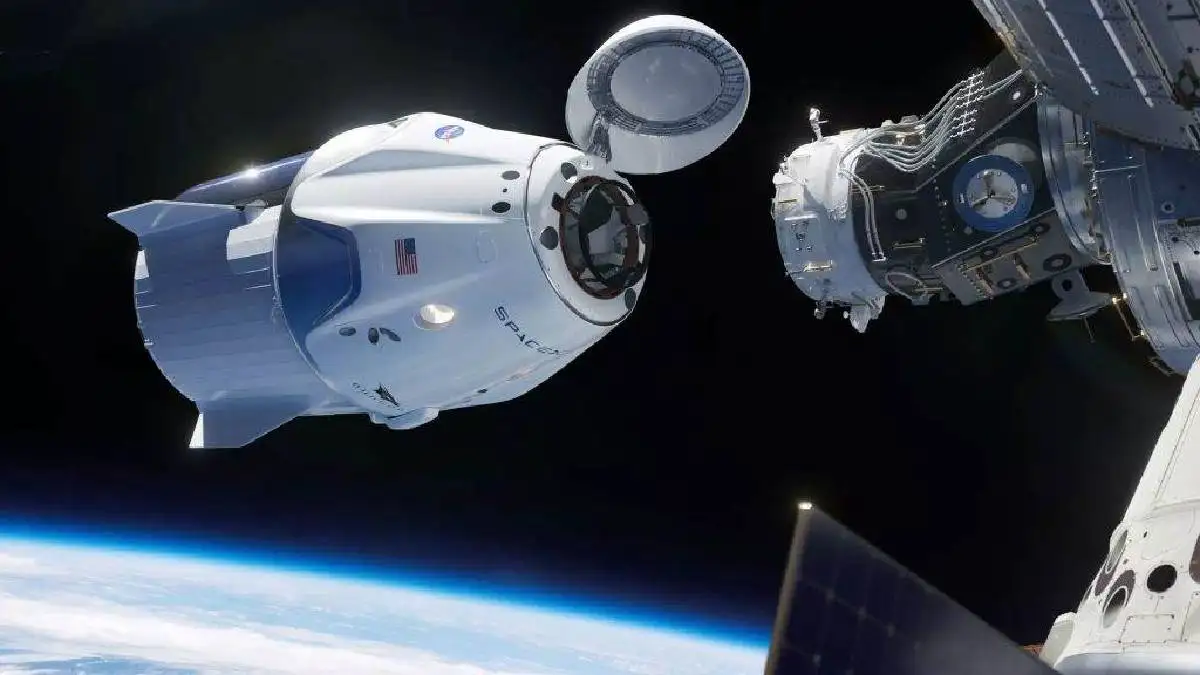
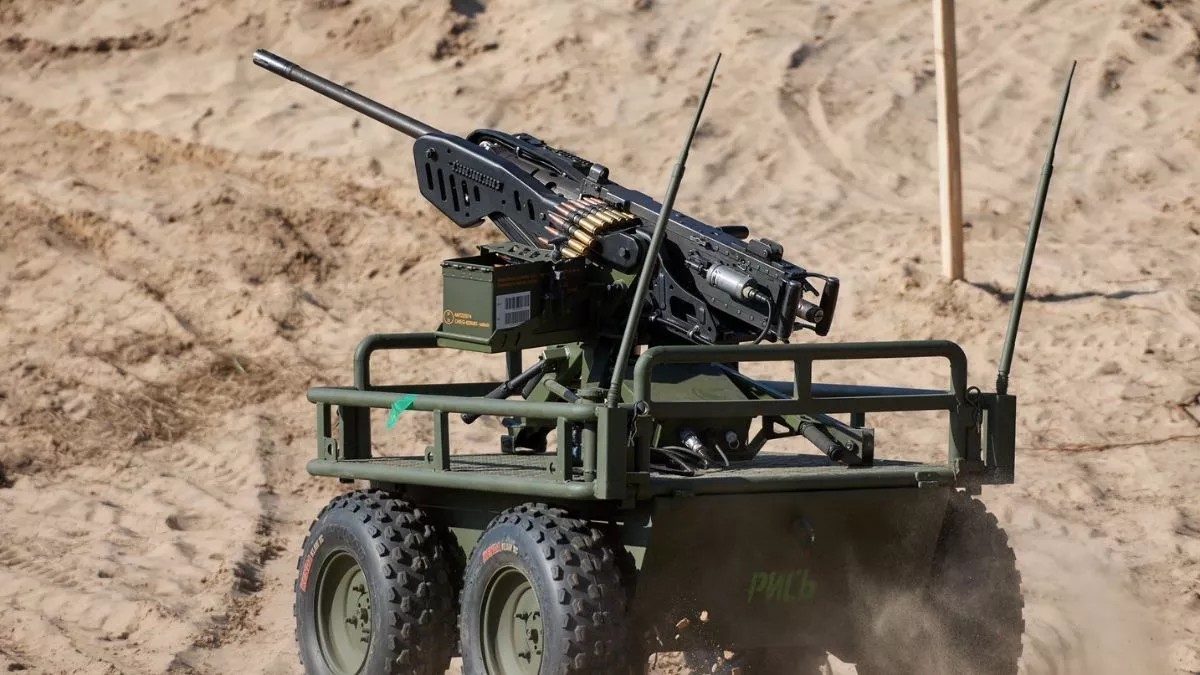
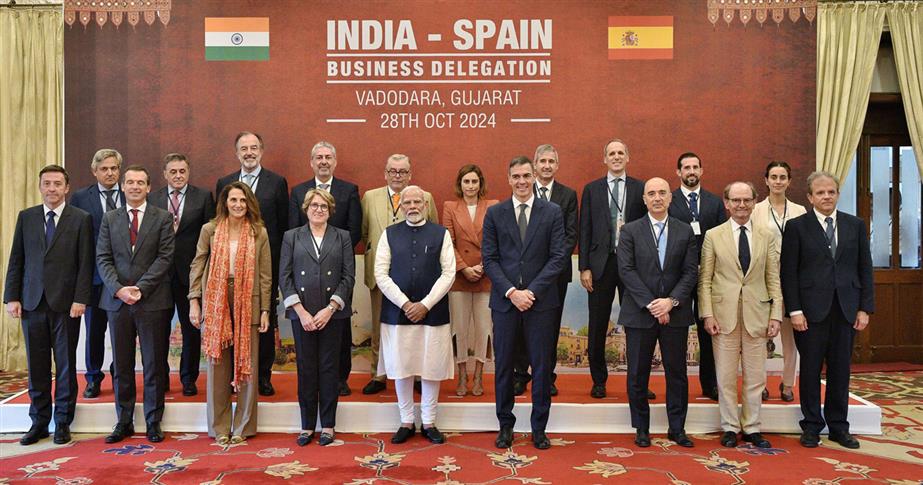
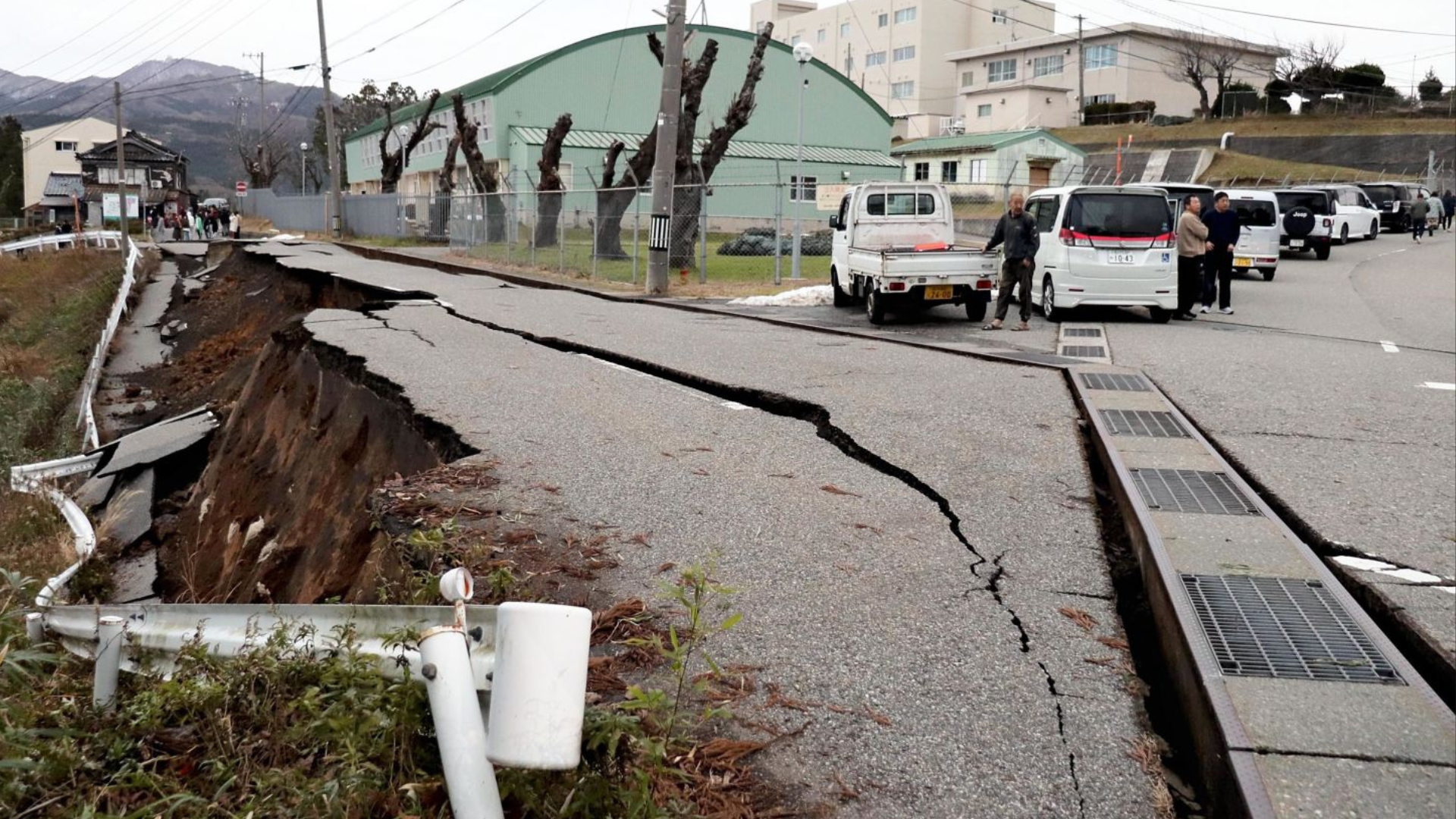

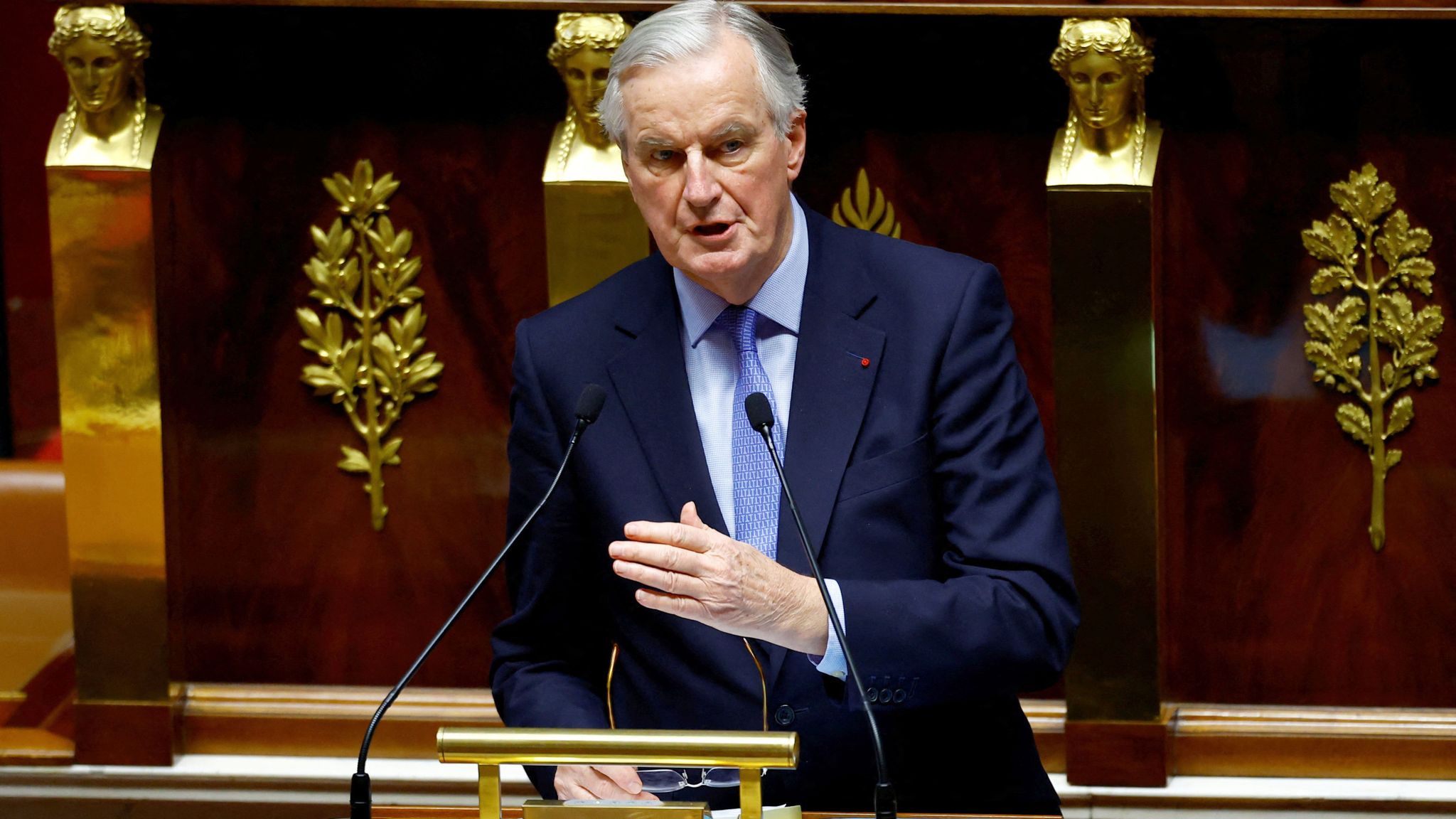

.png)

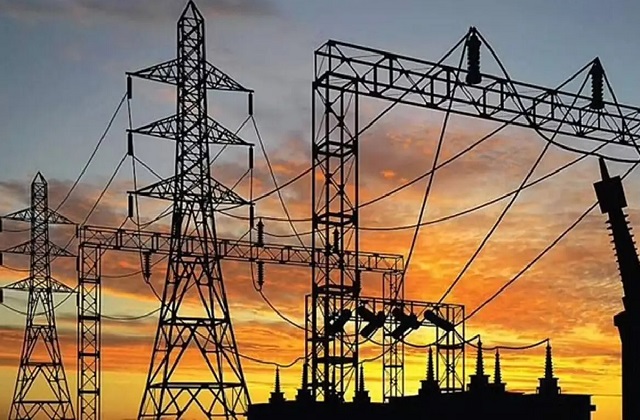
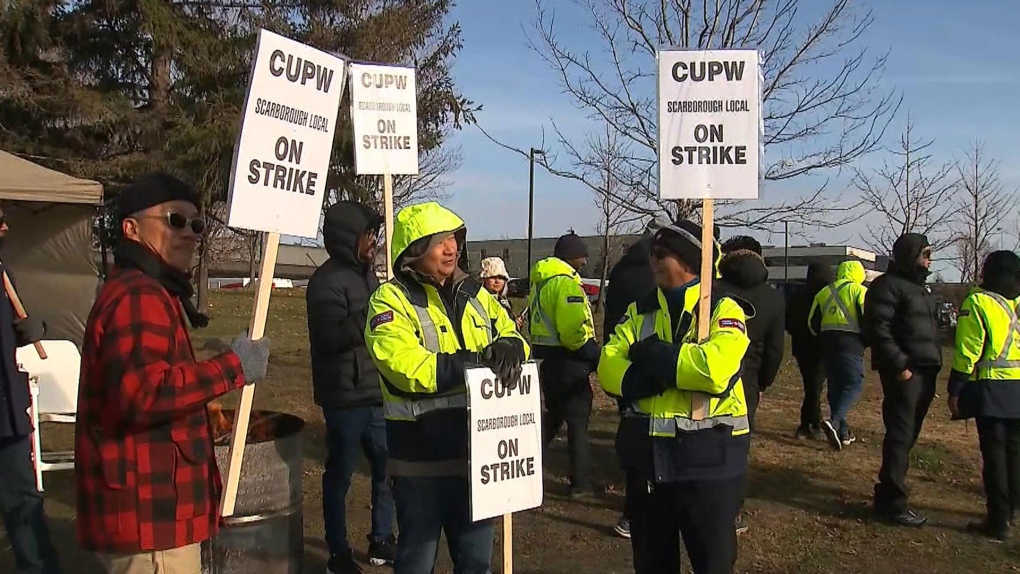
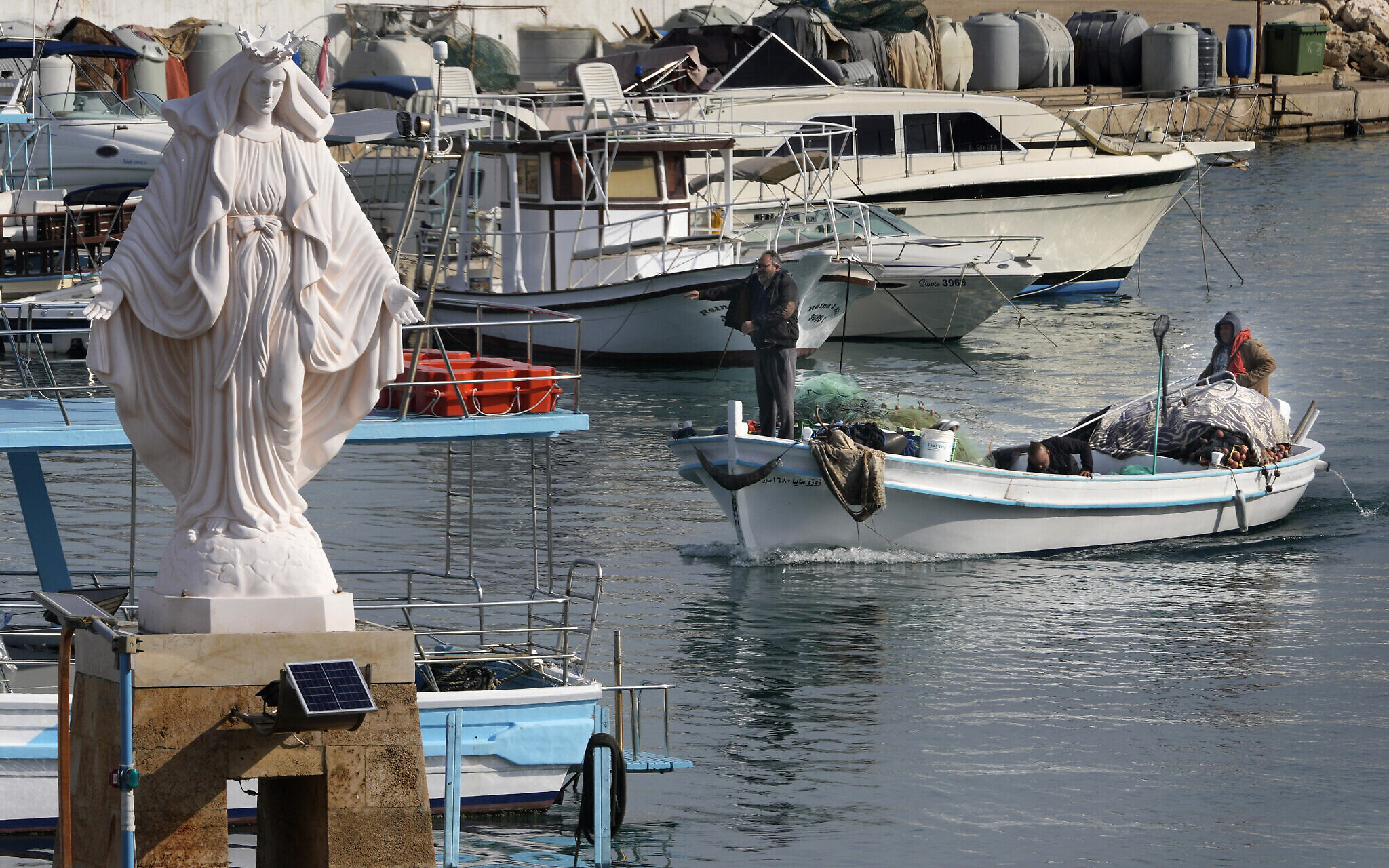
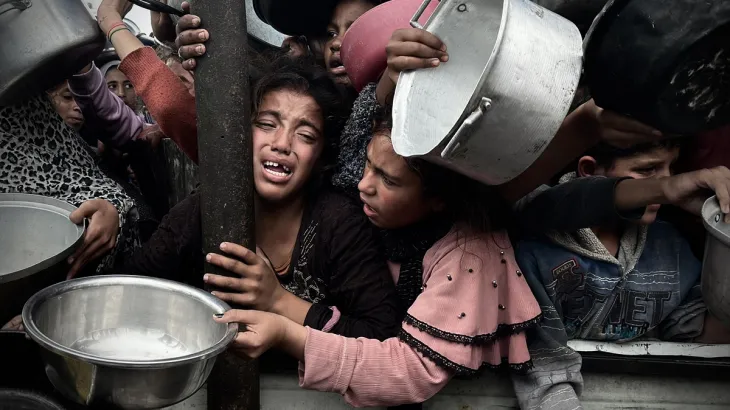
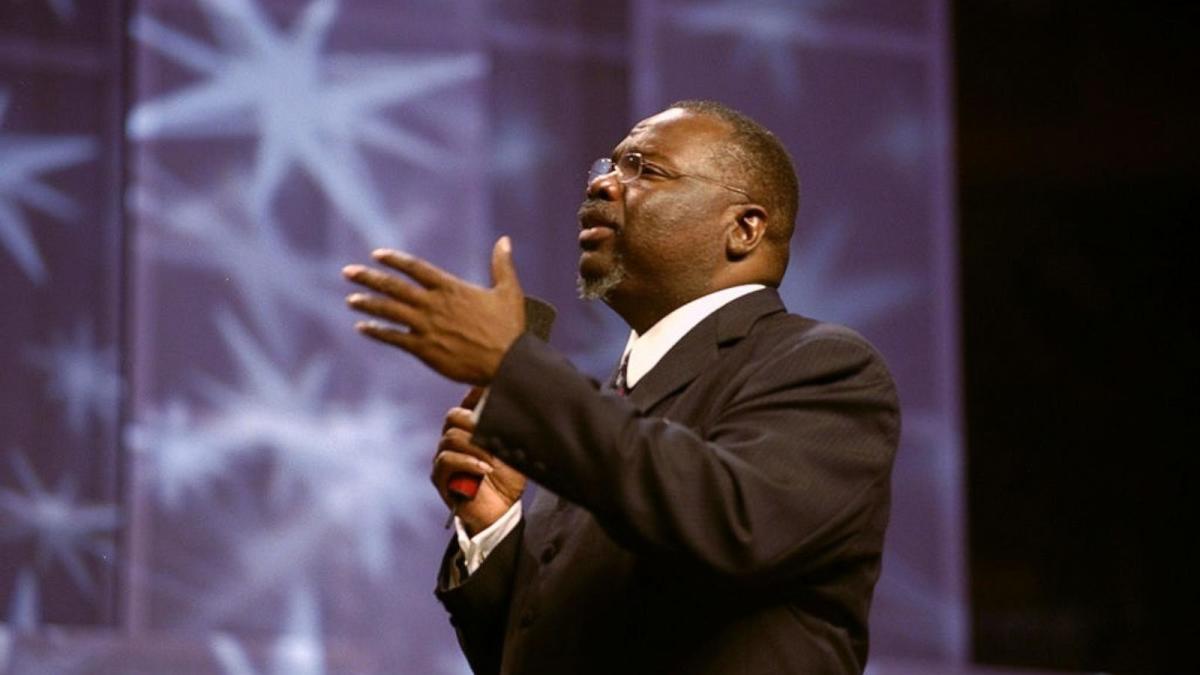
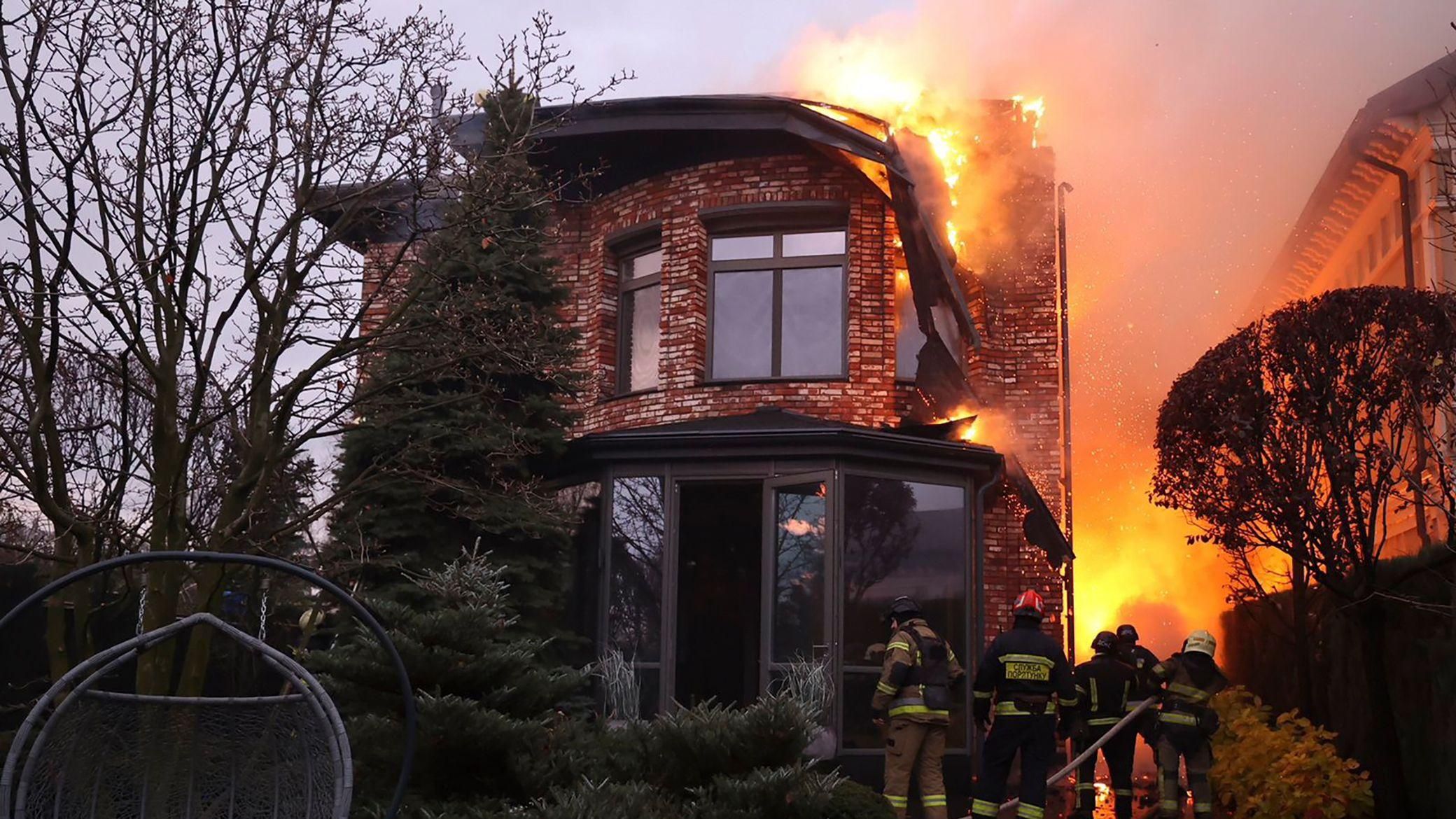
.jfif)


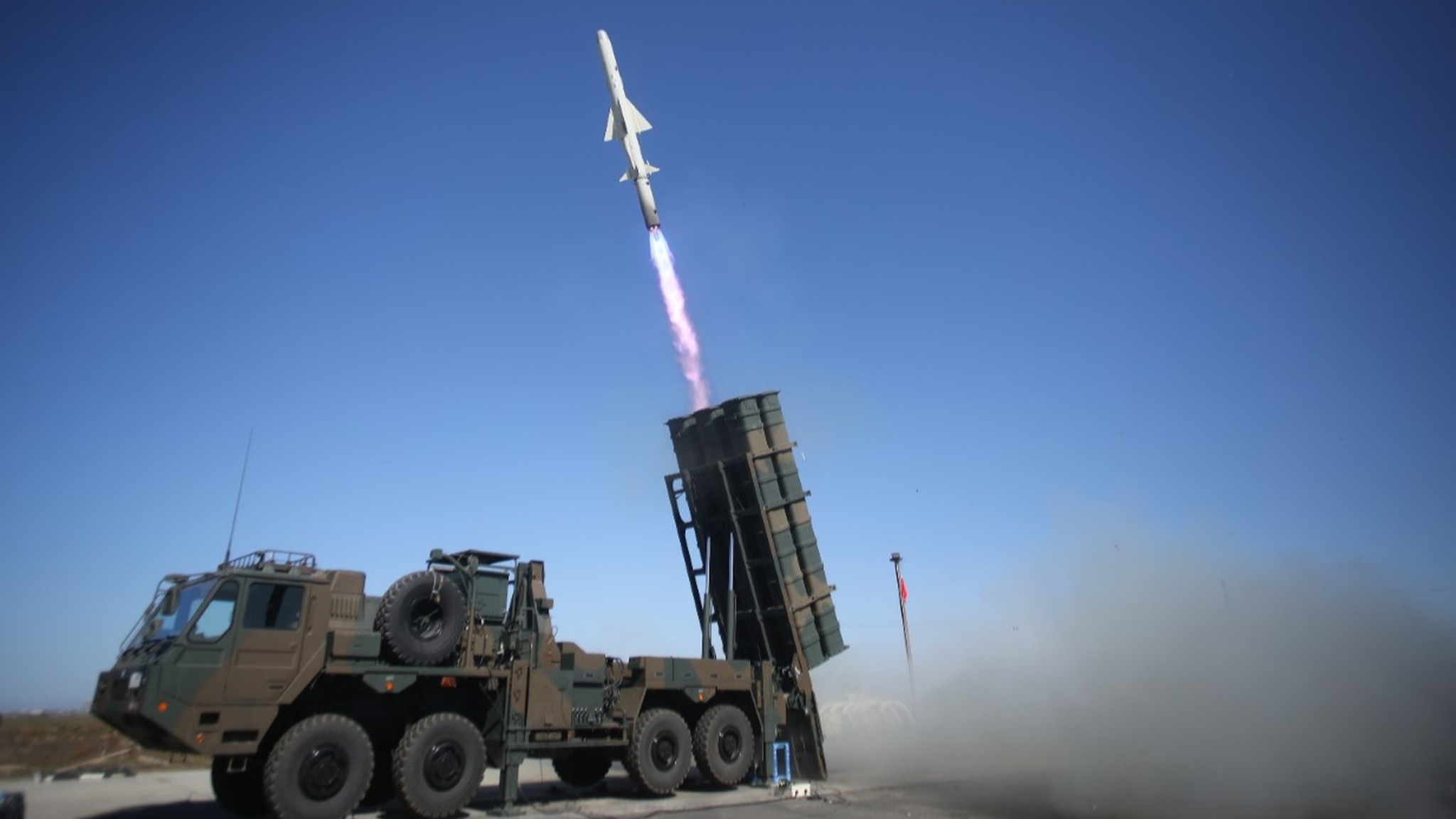
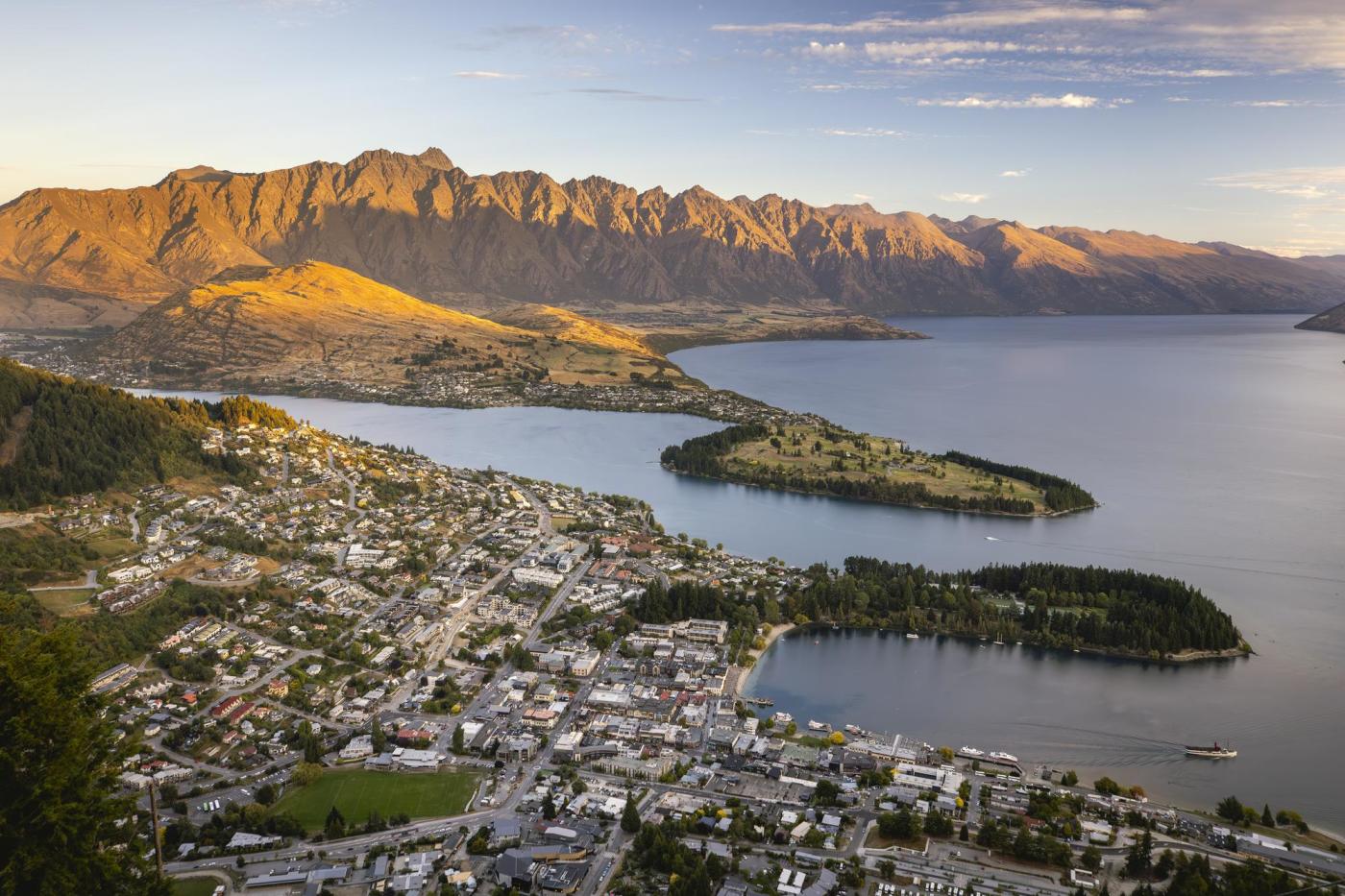


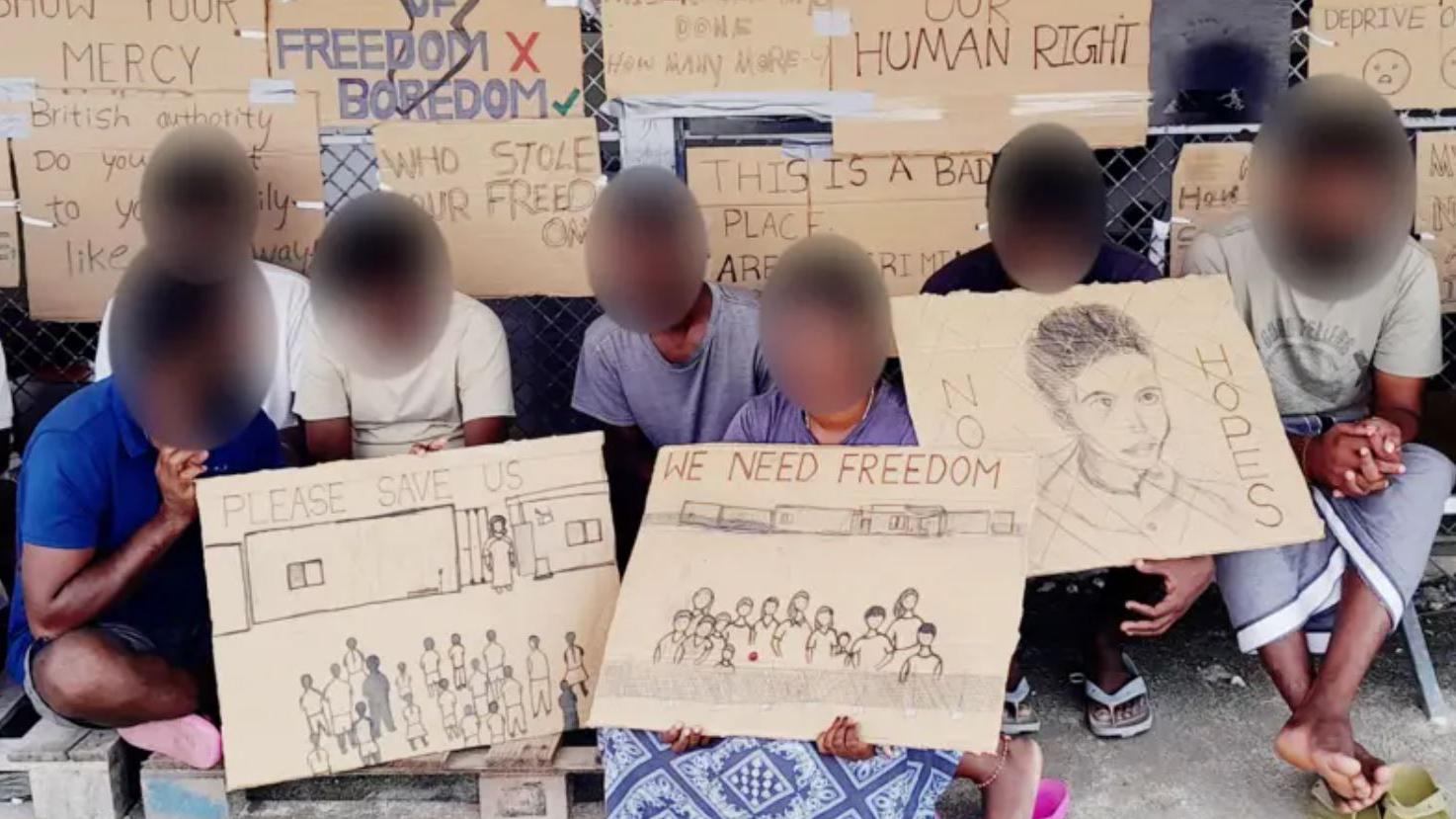
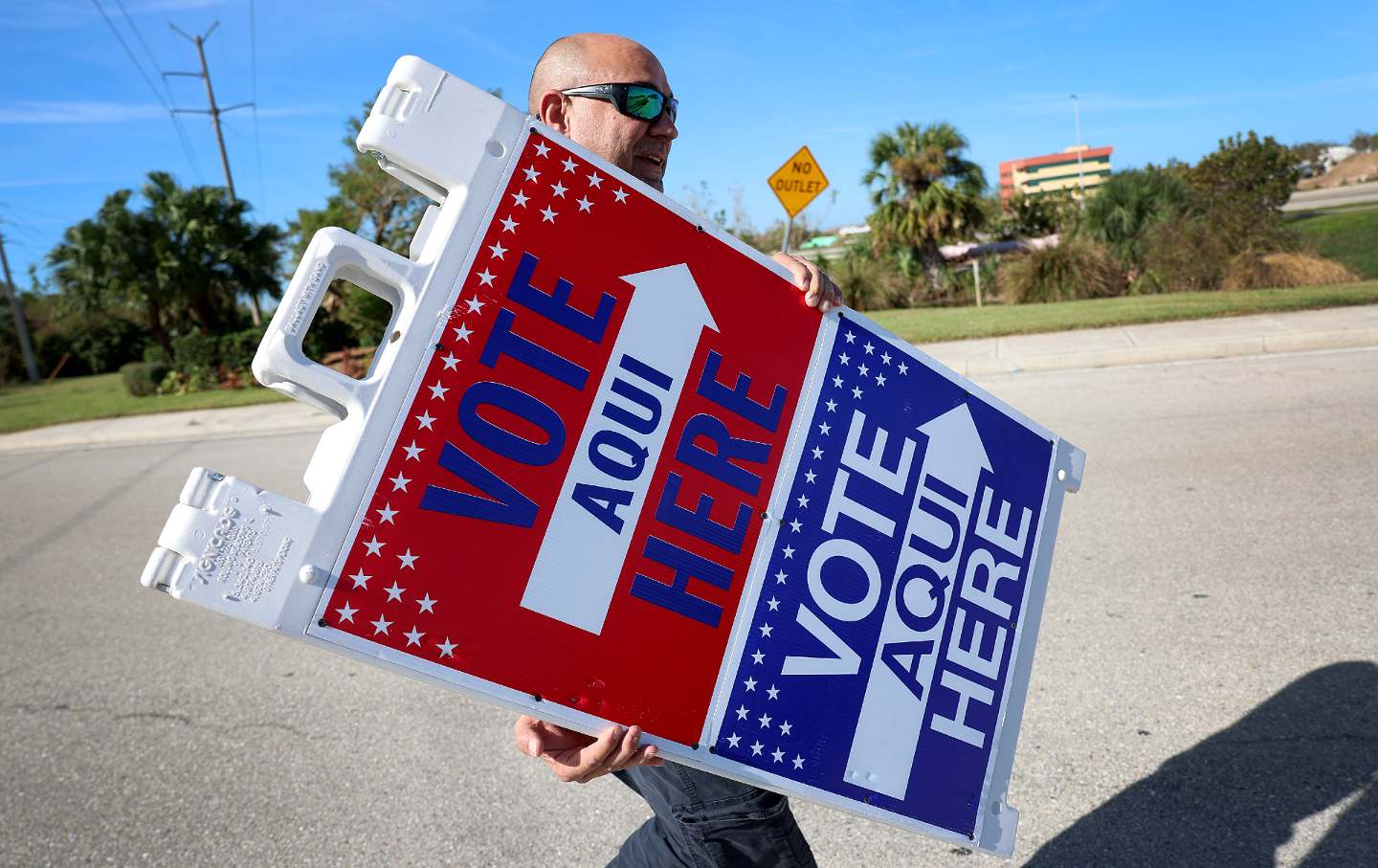


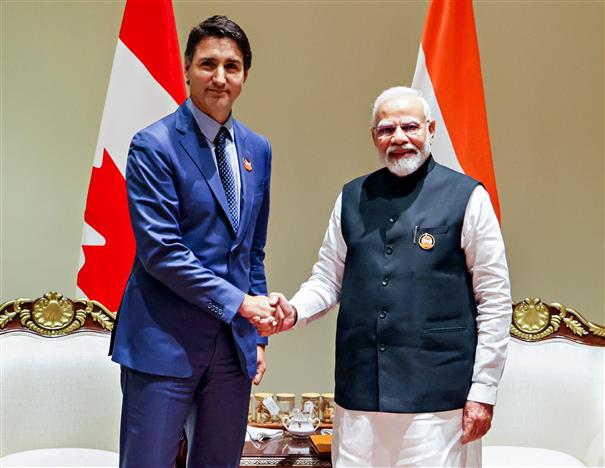




























































































.png)
 (1).png)























